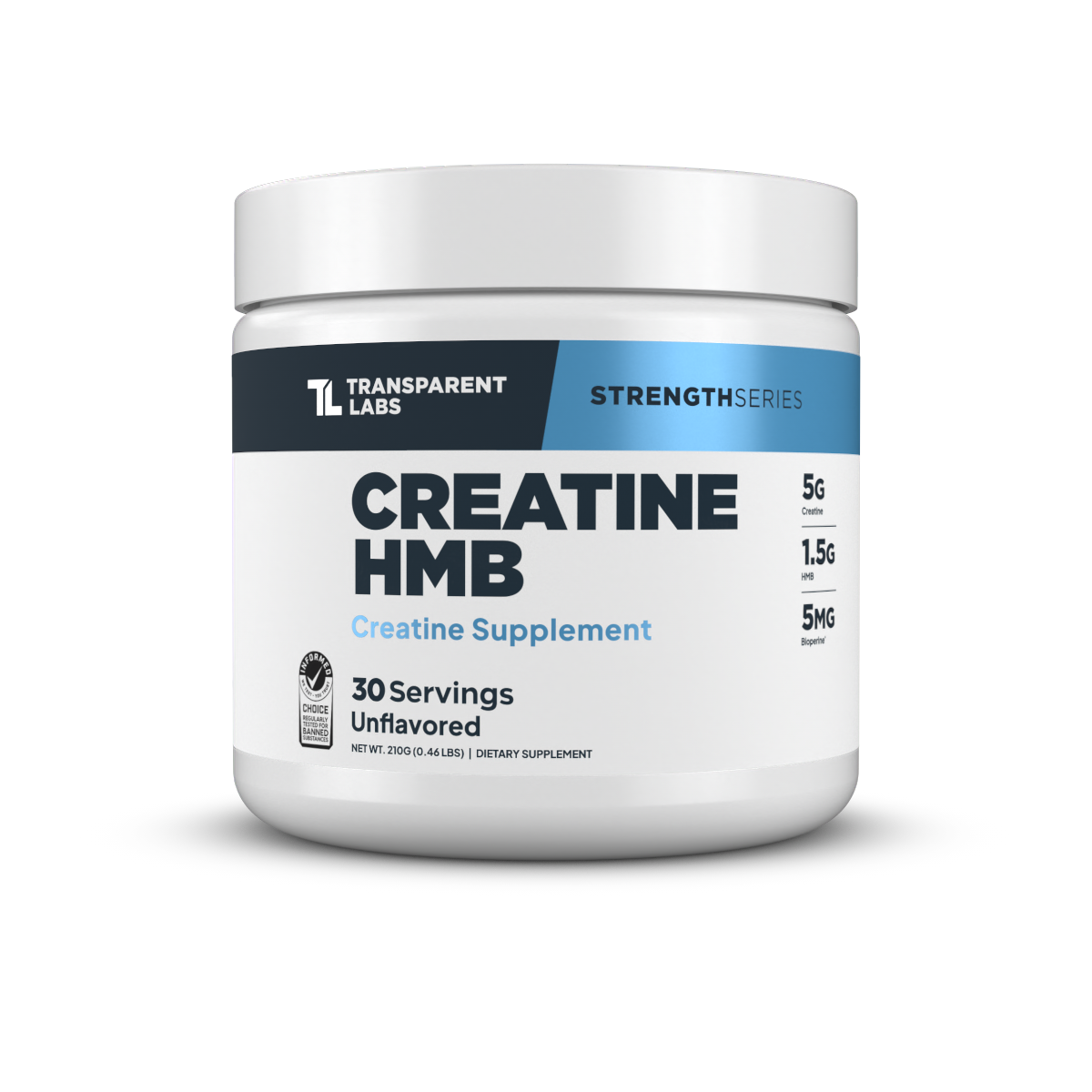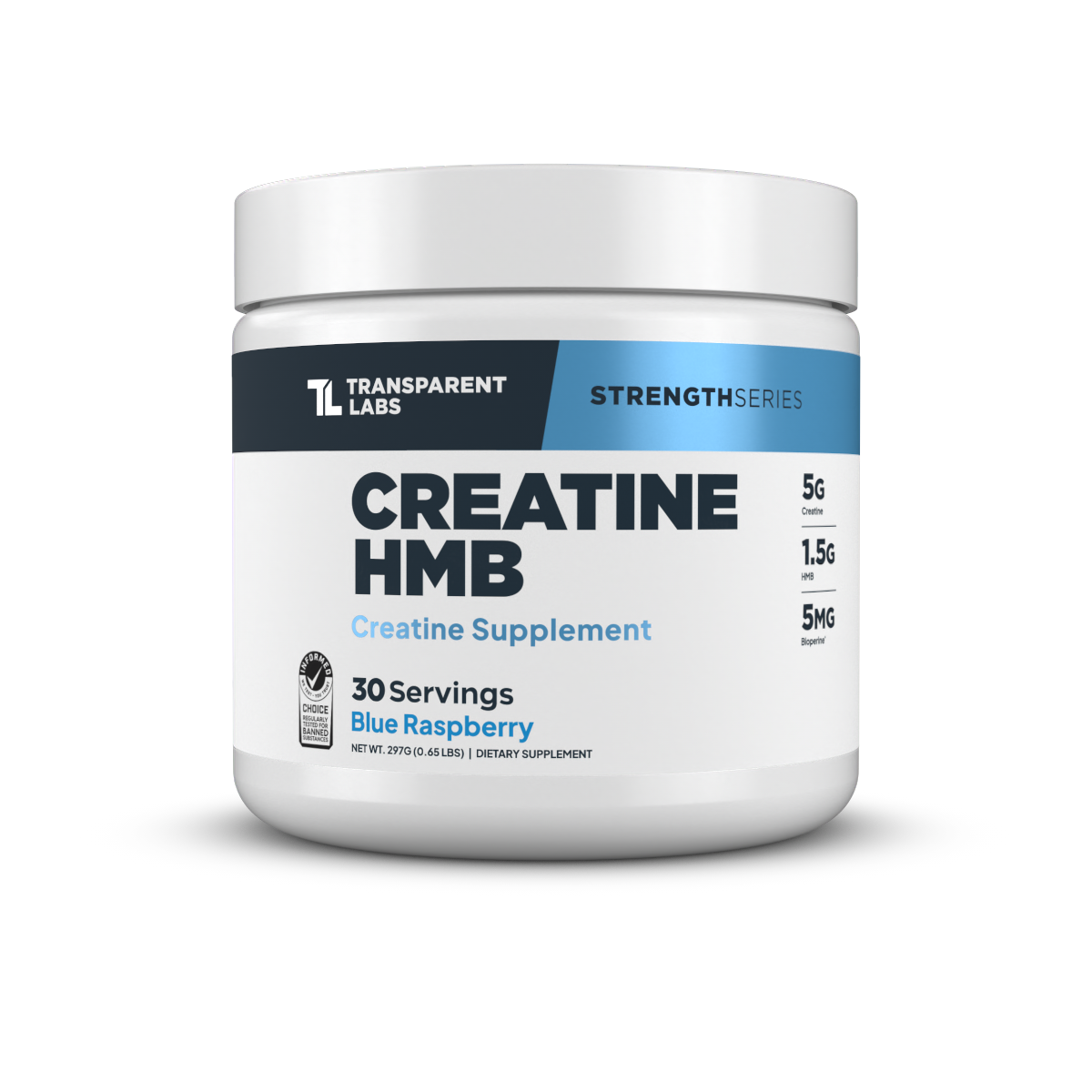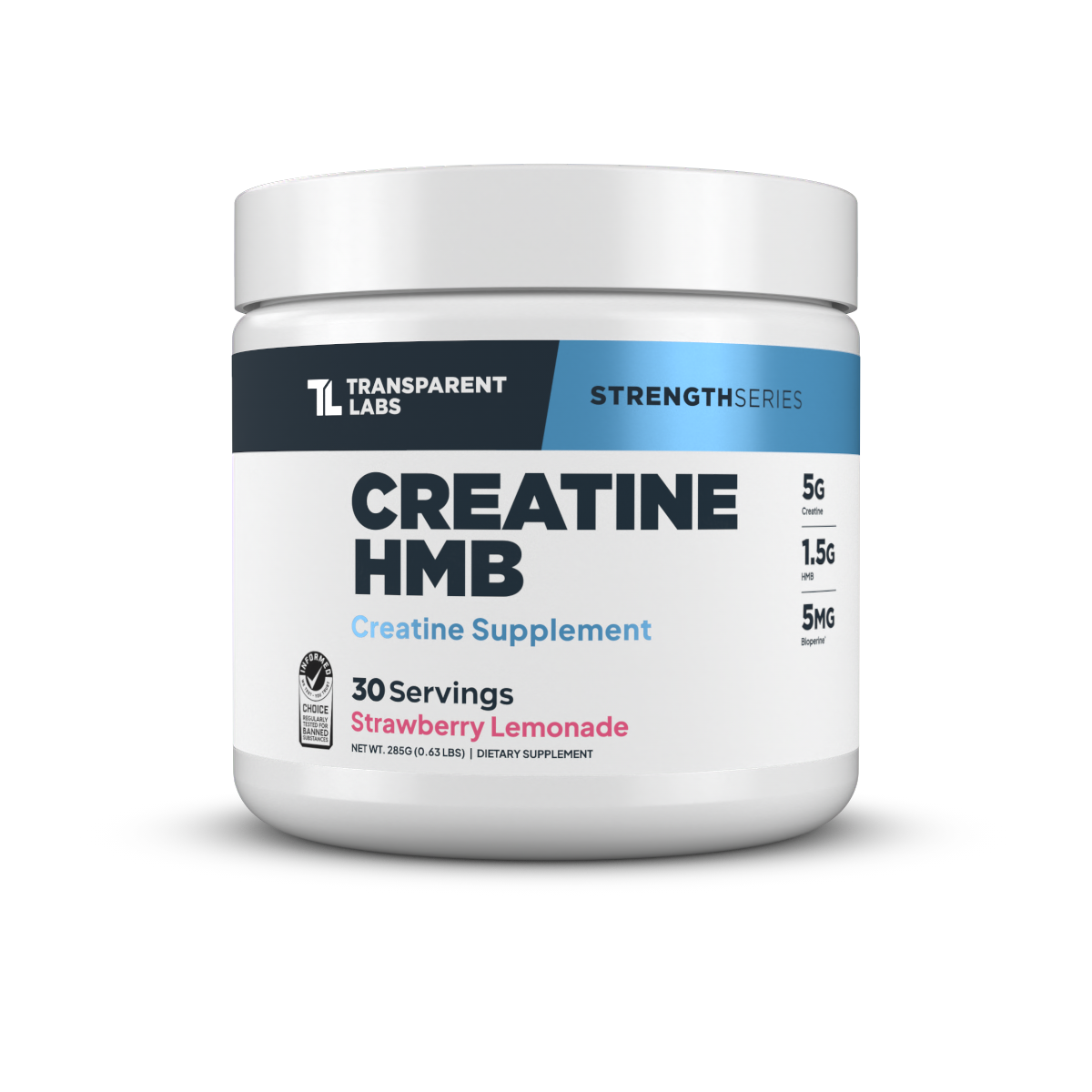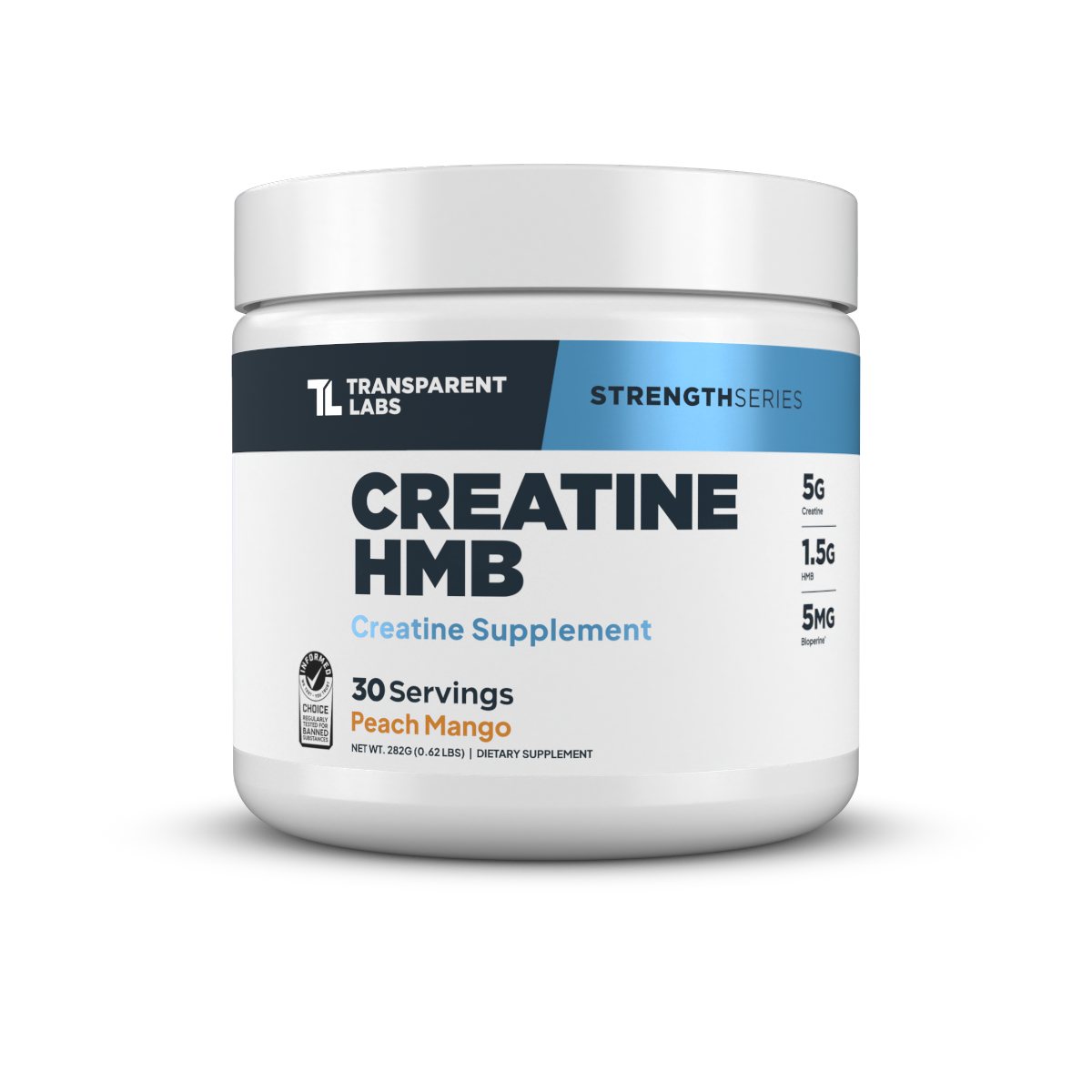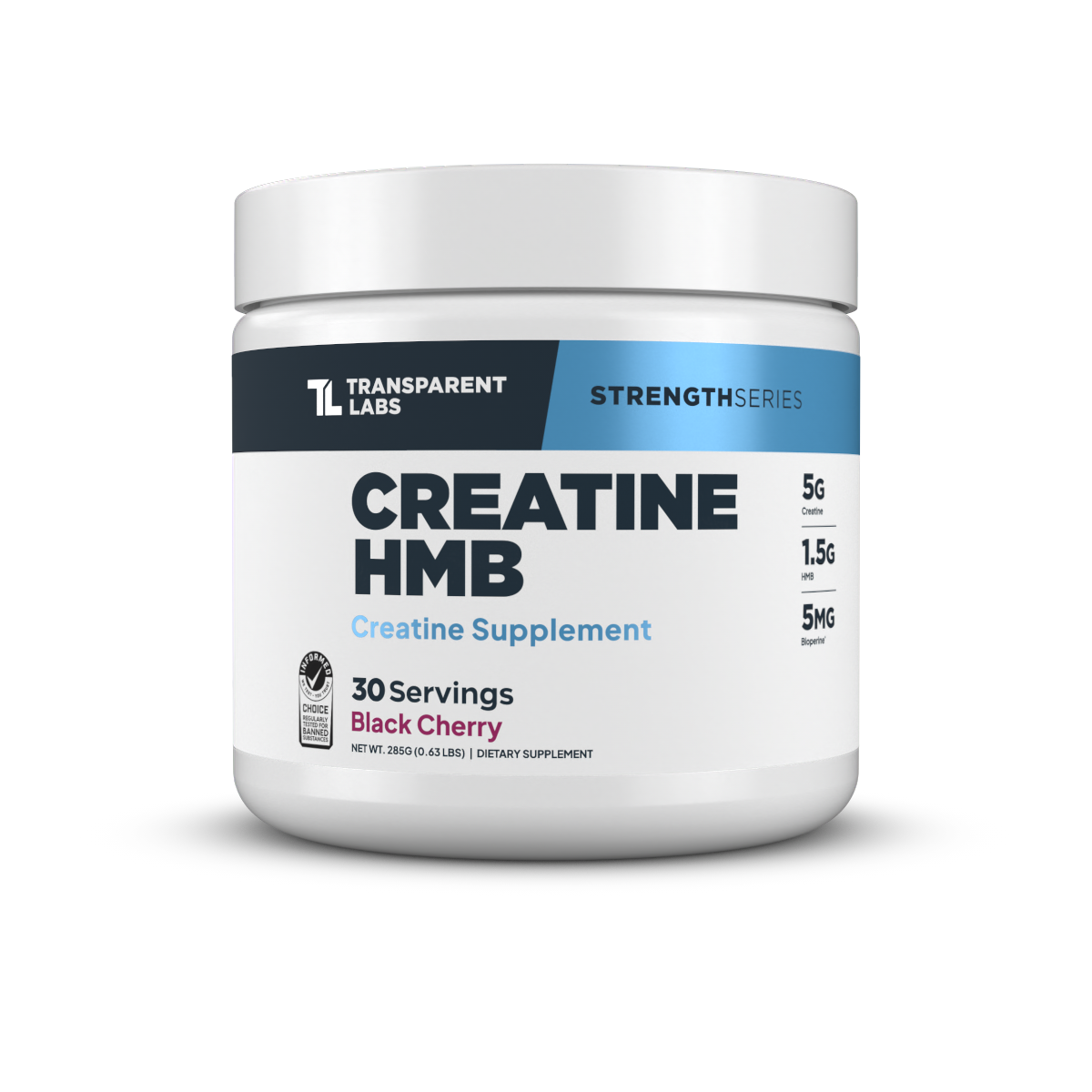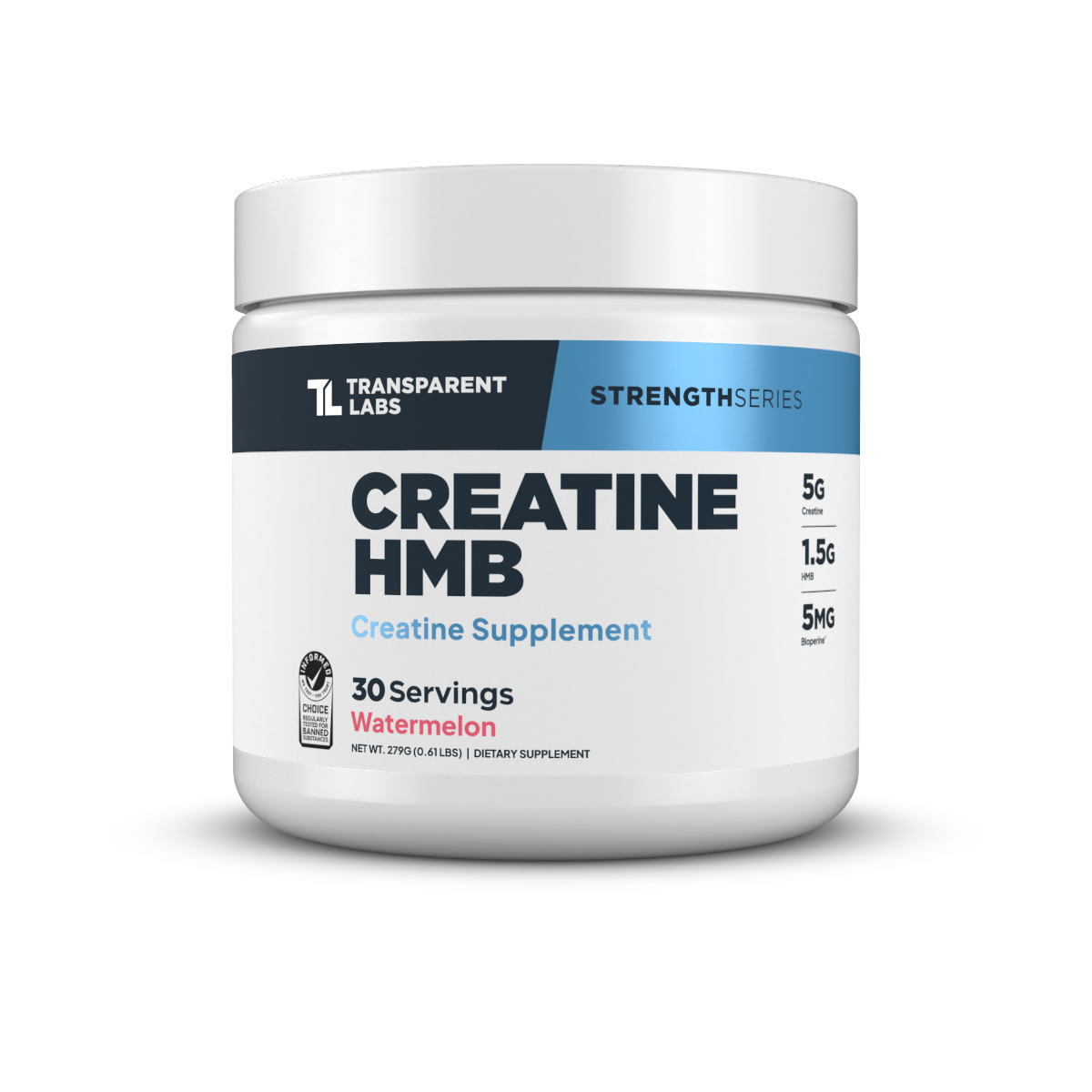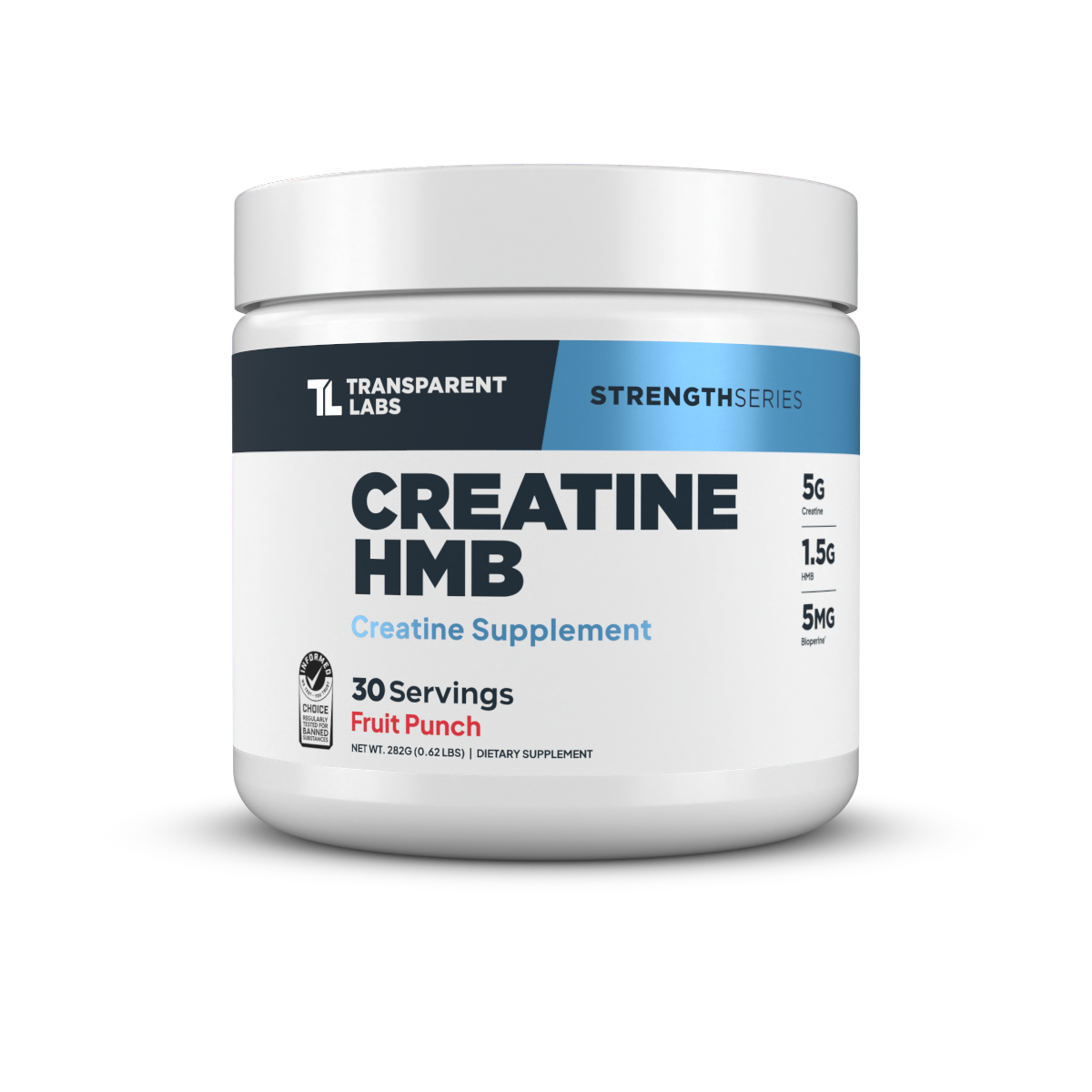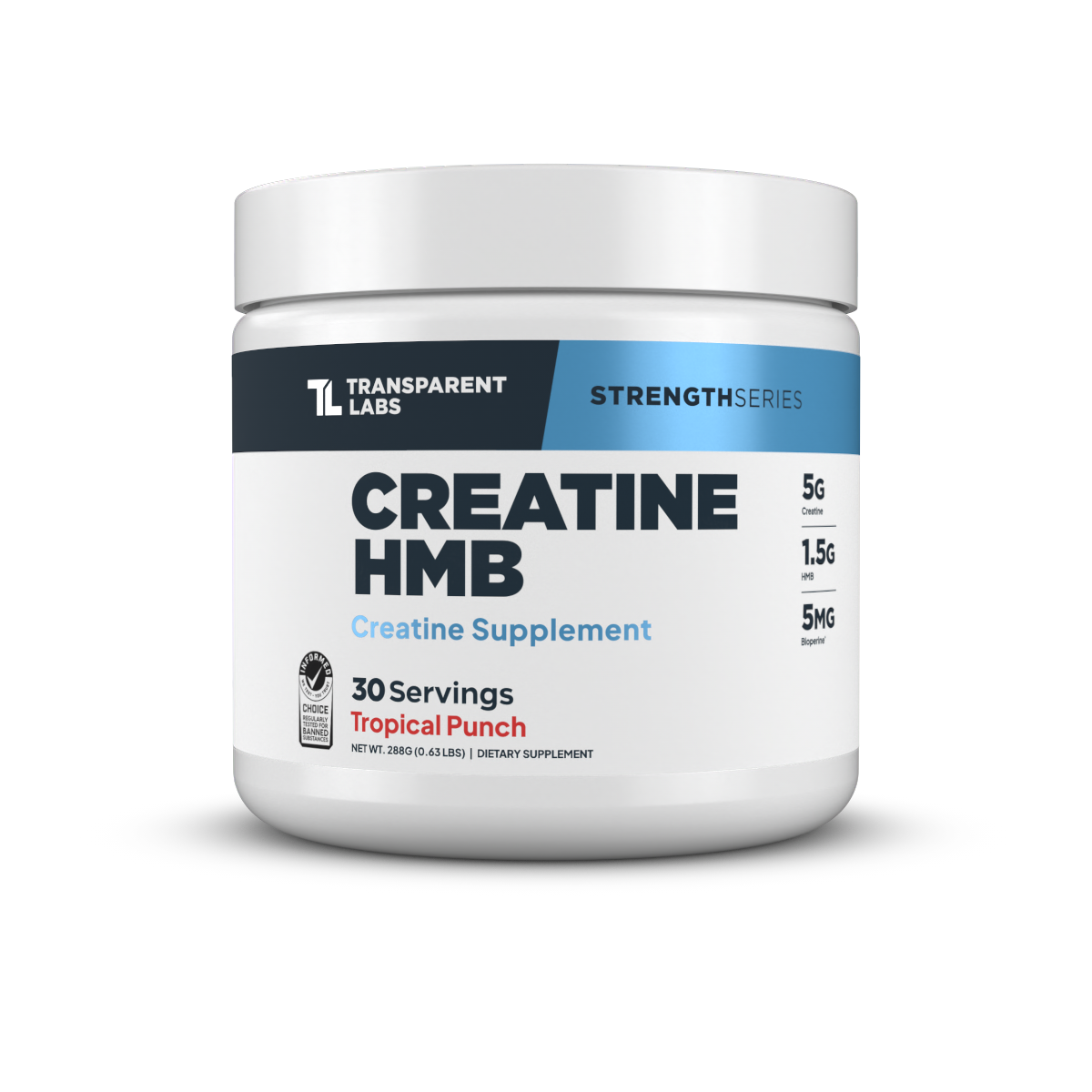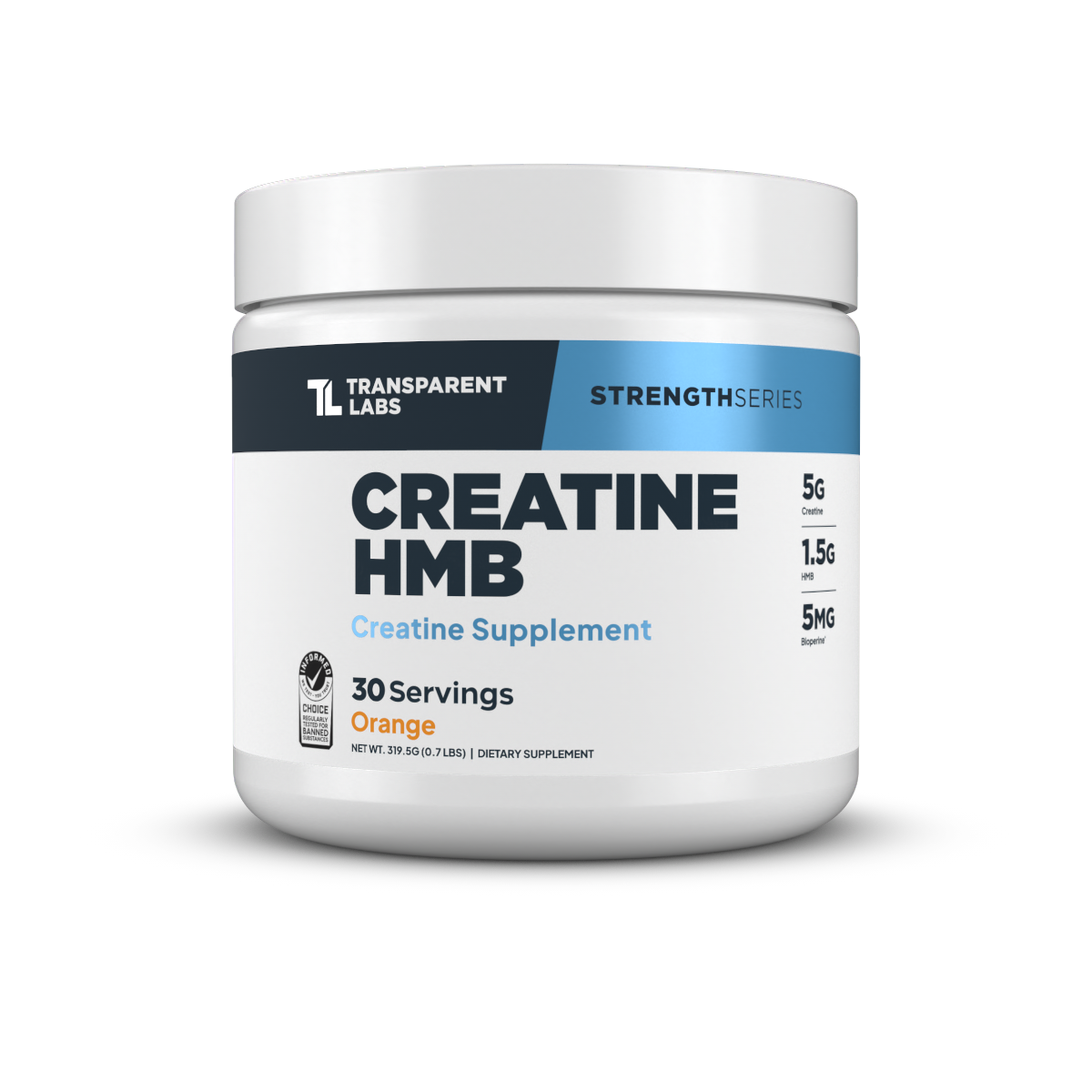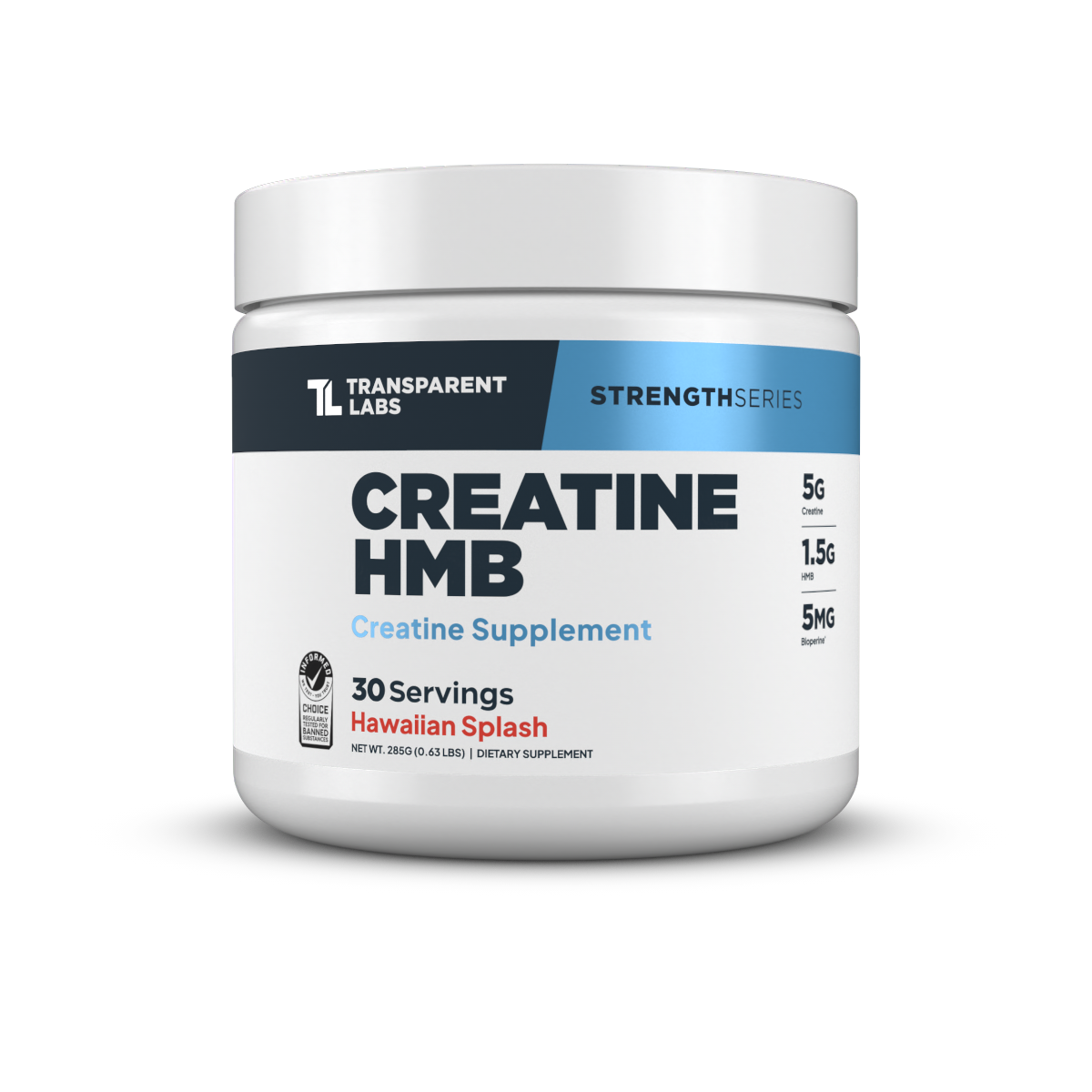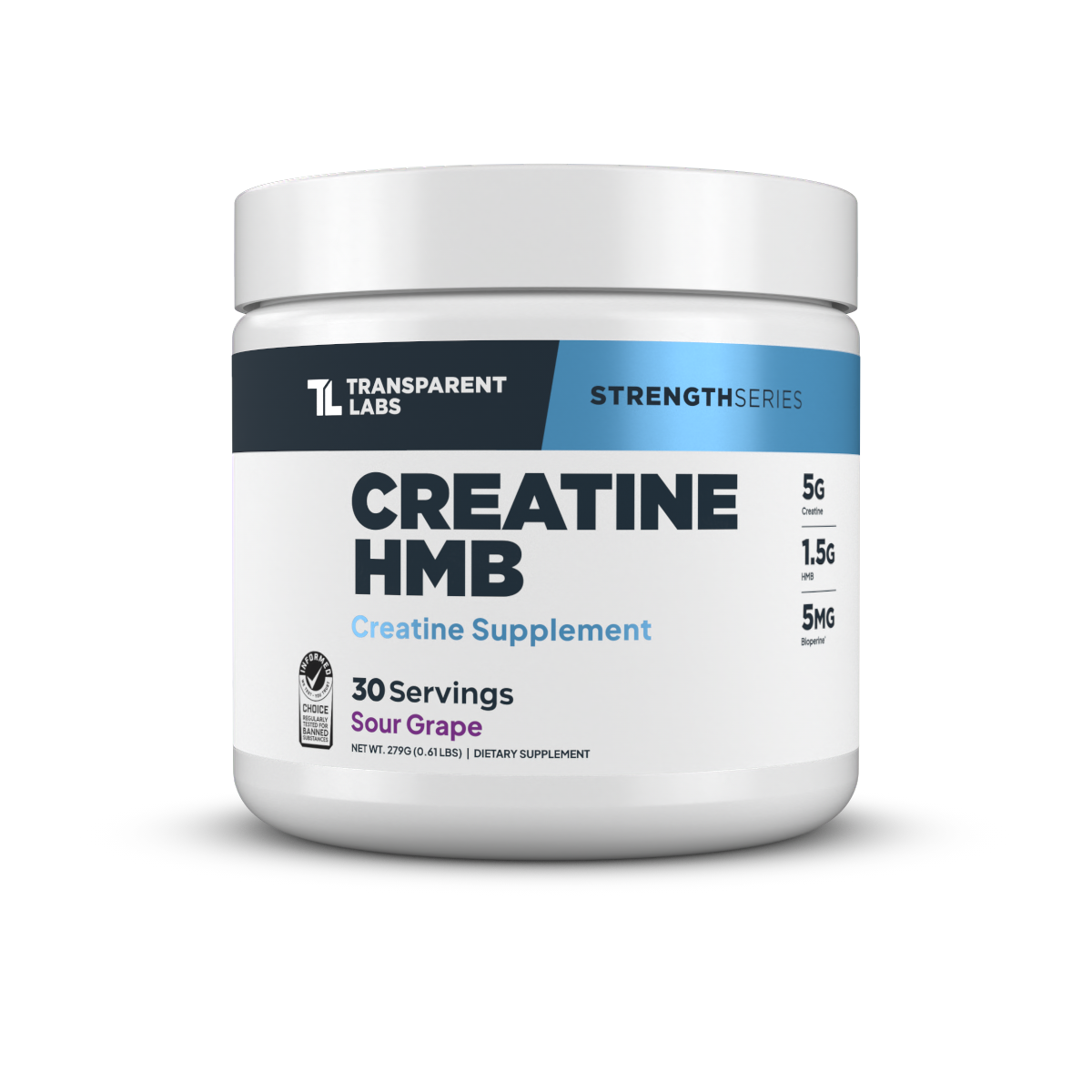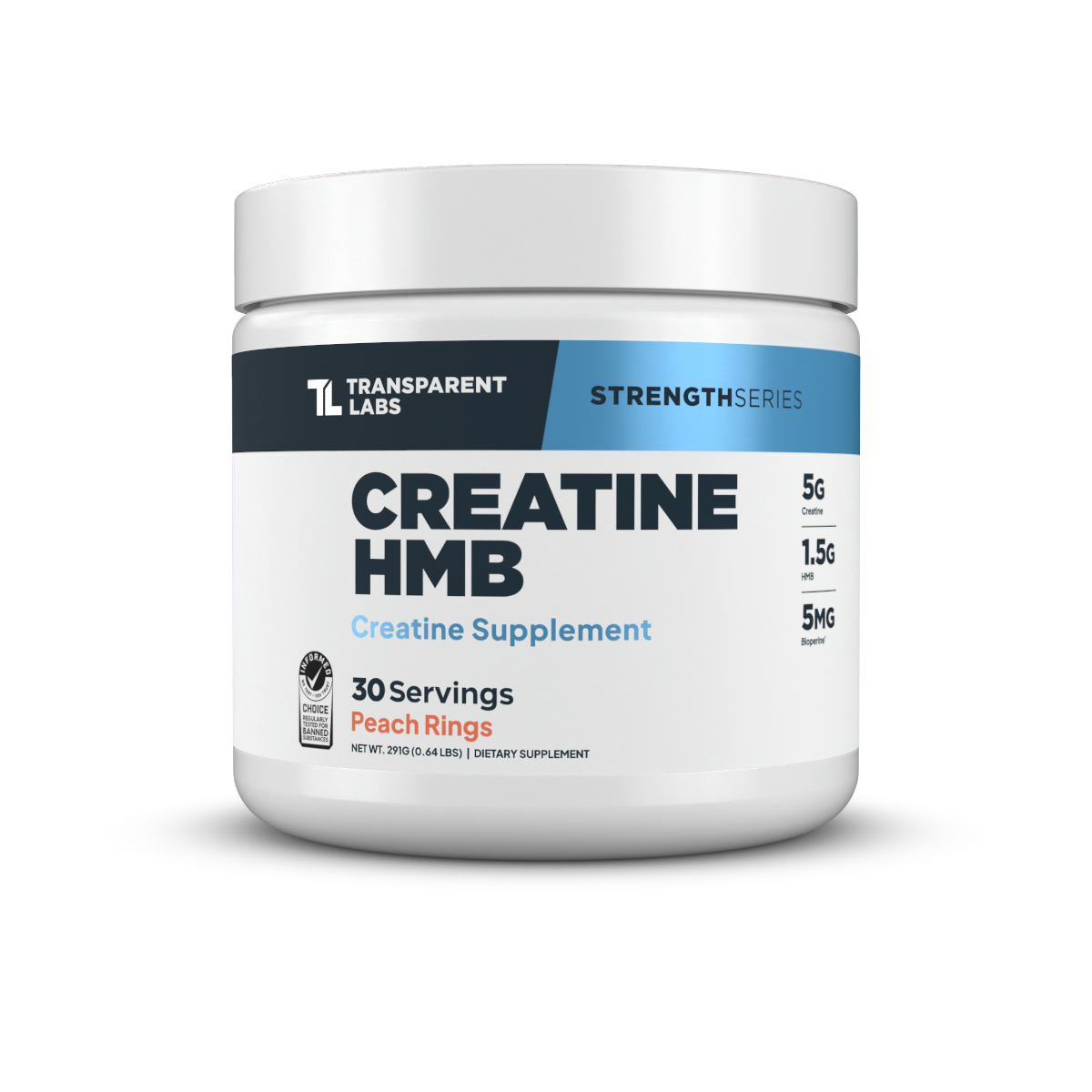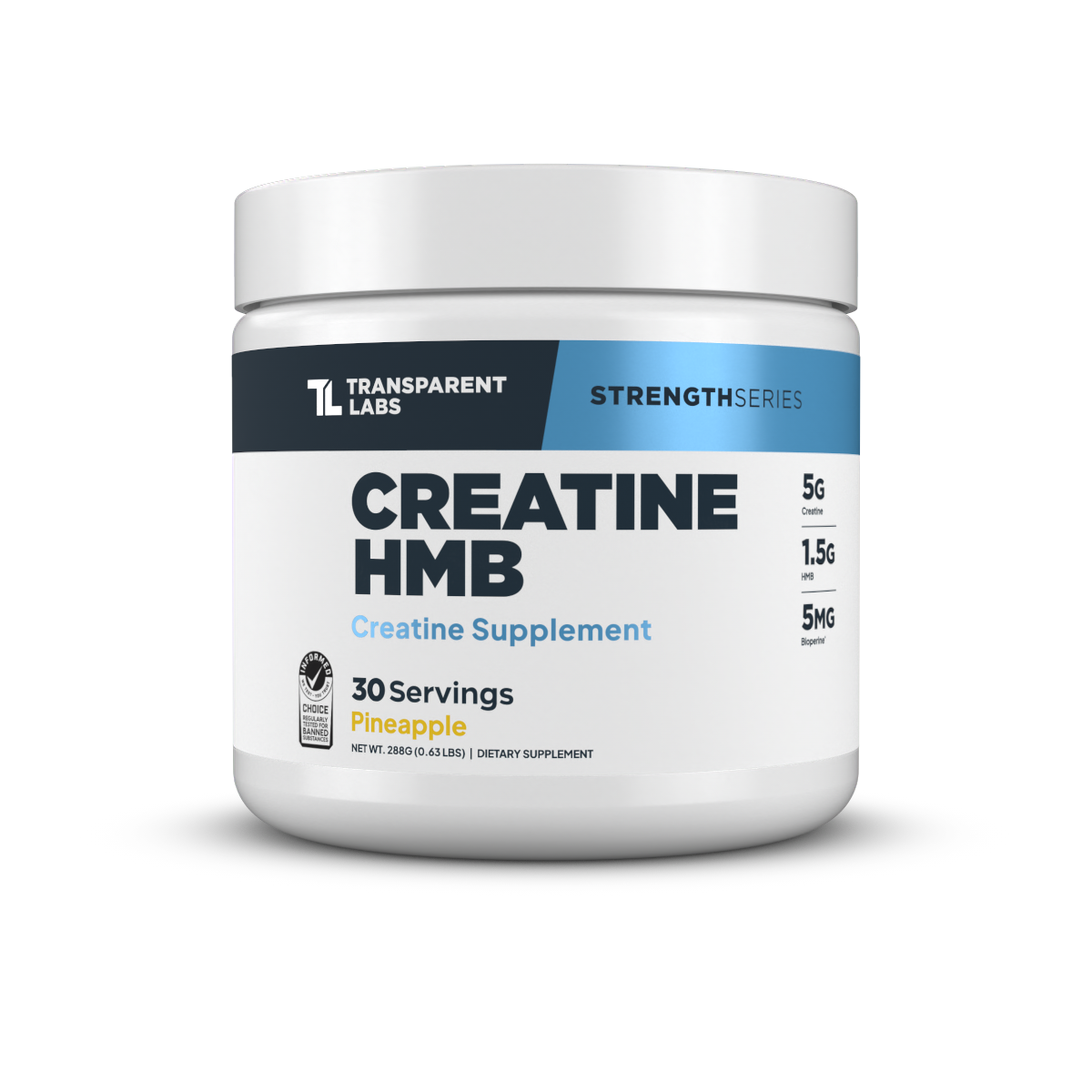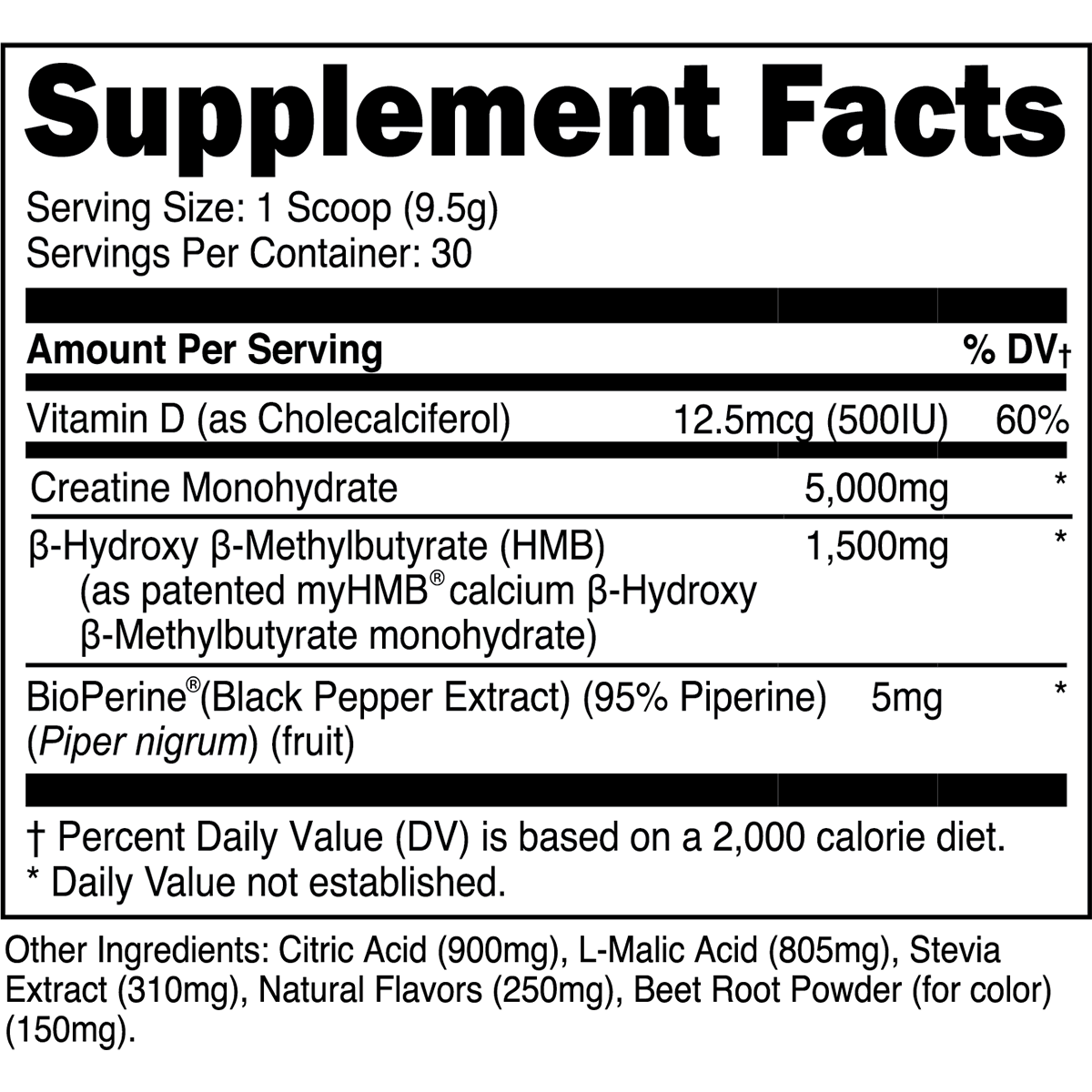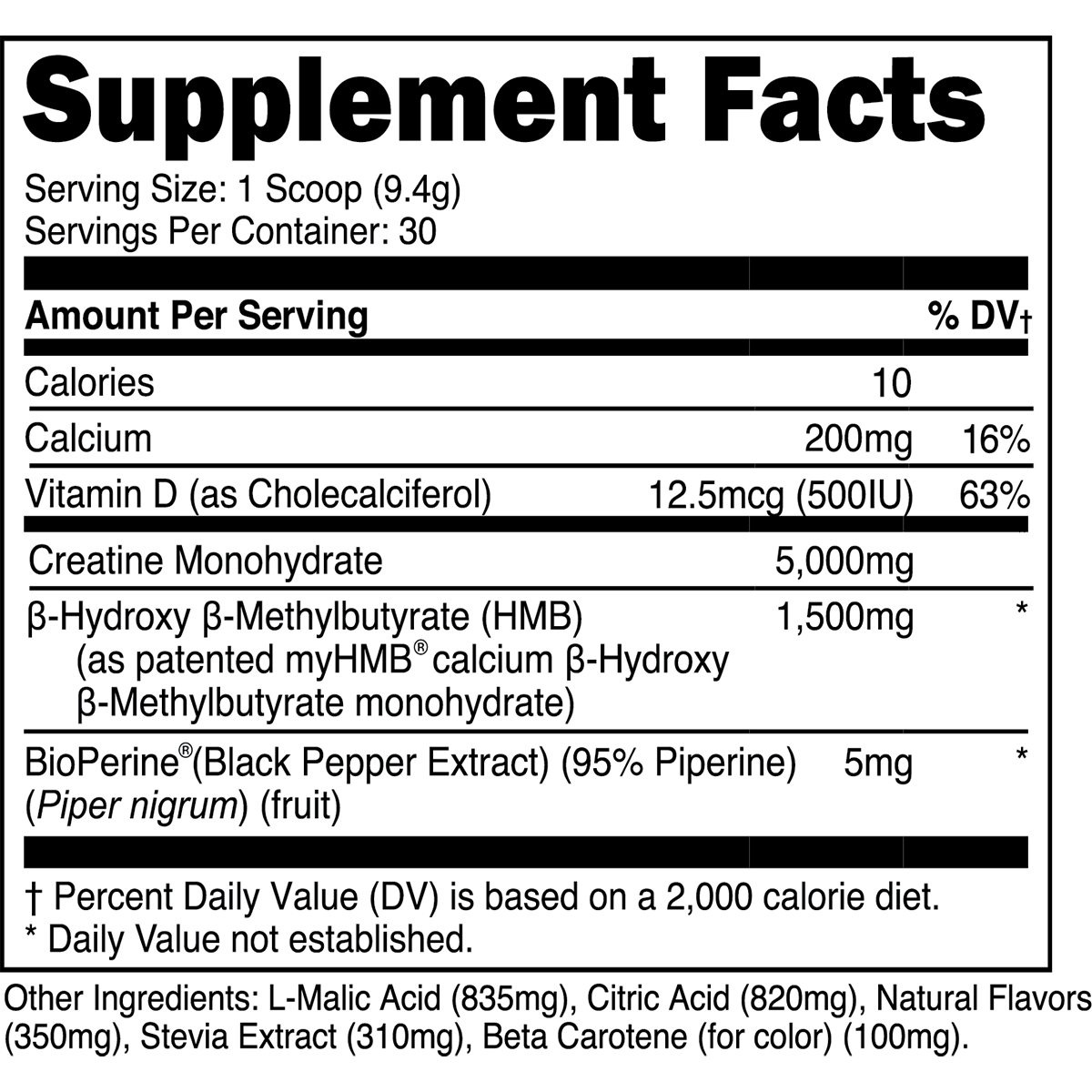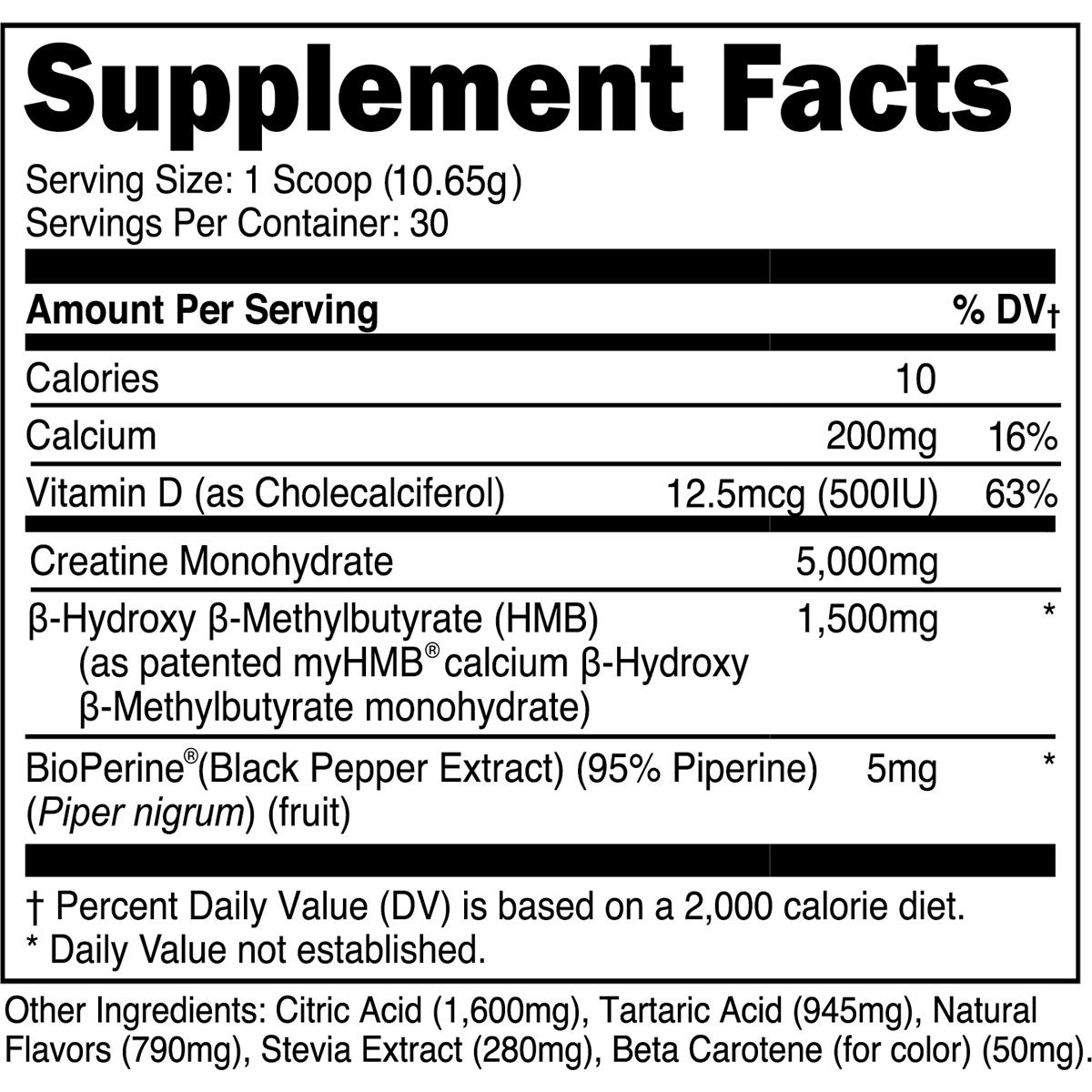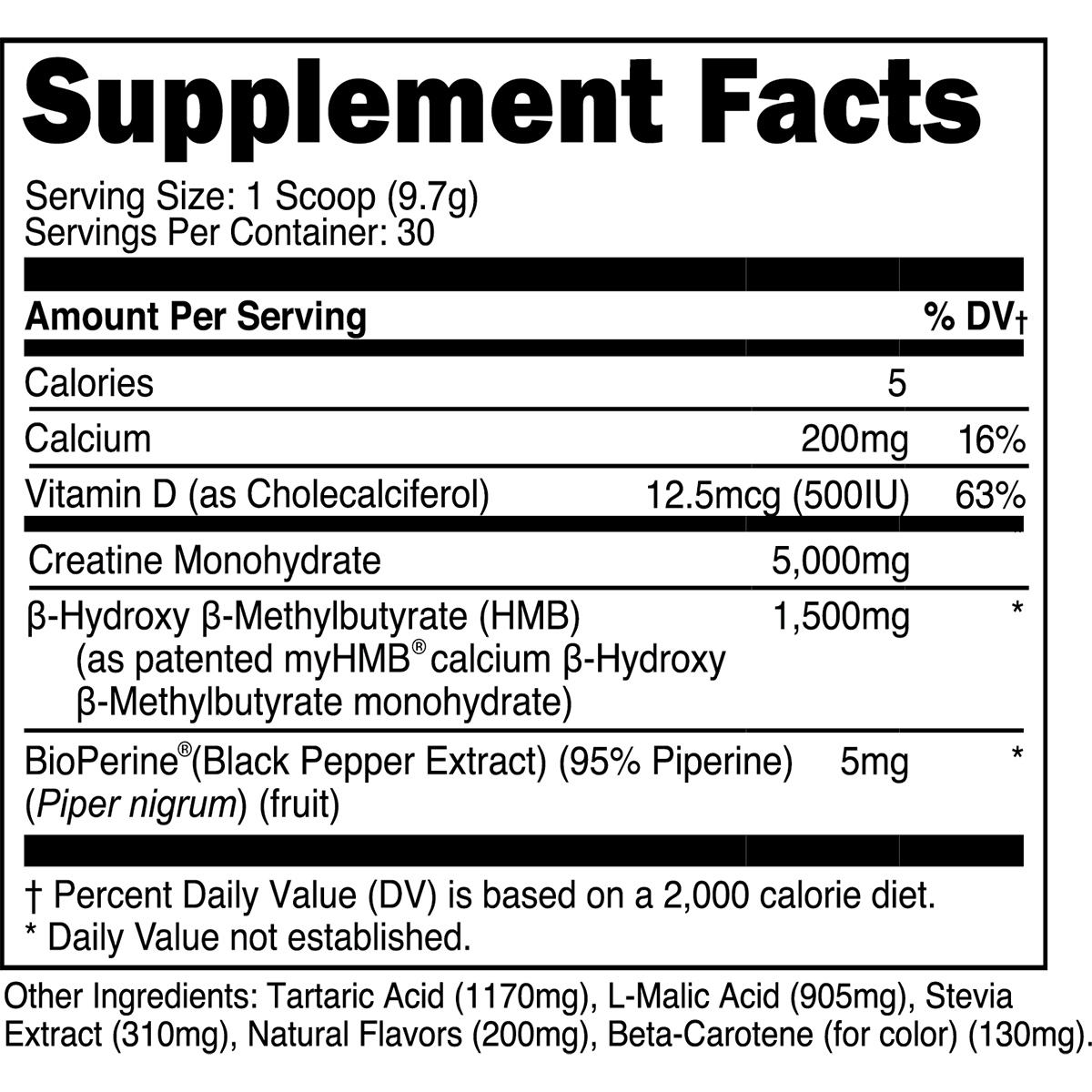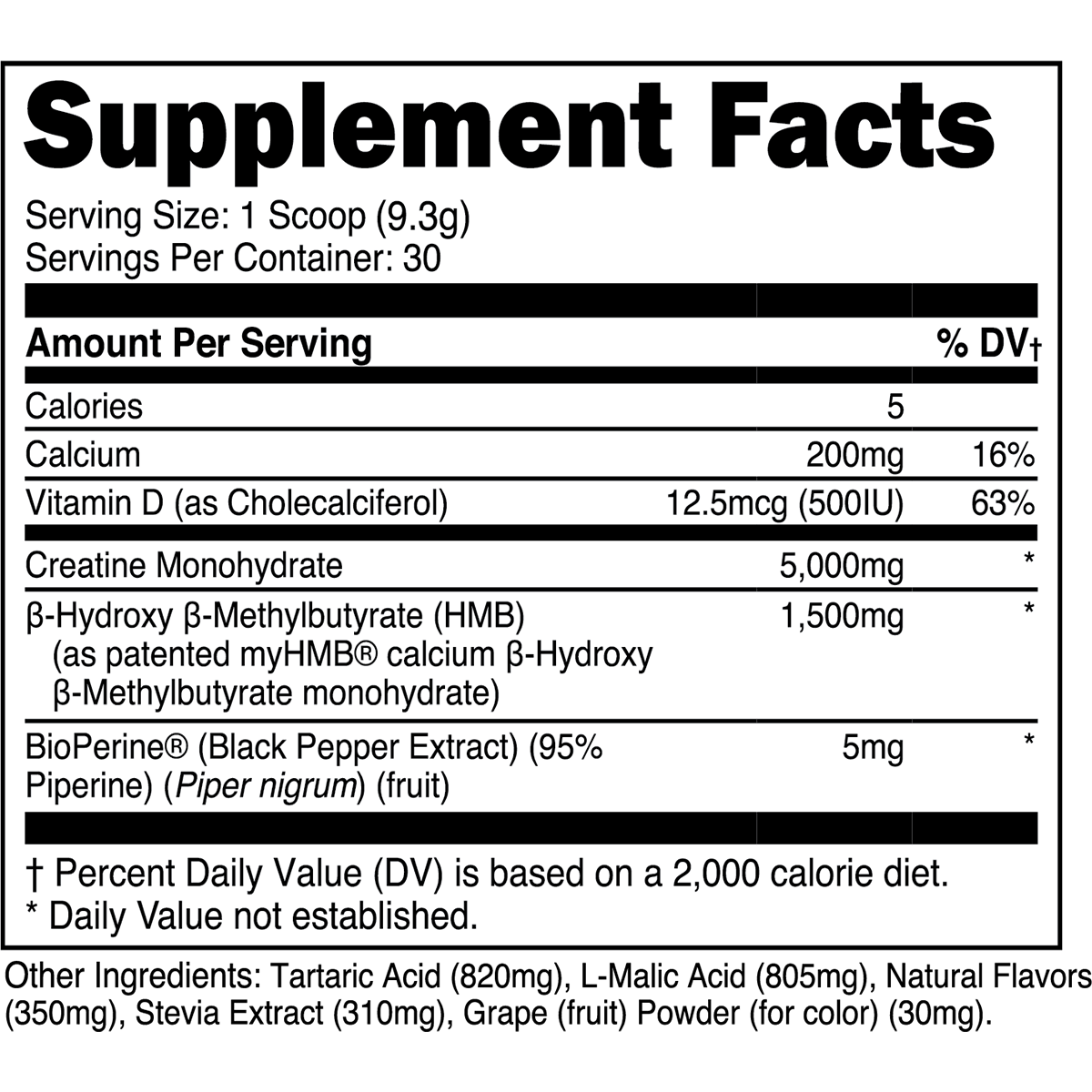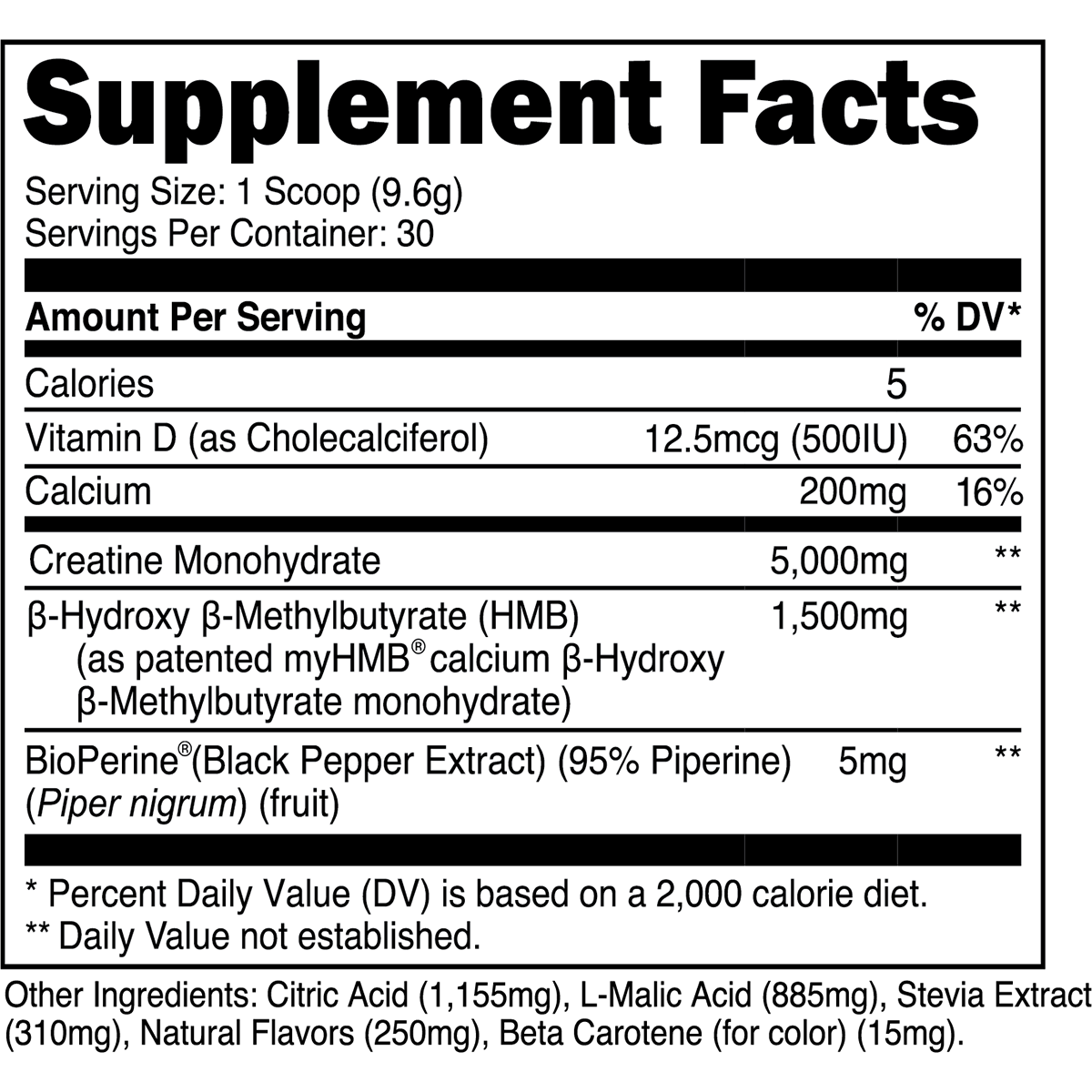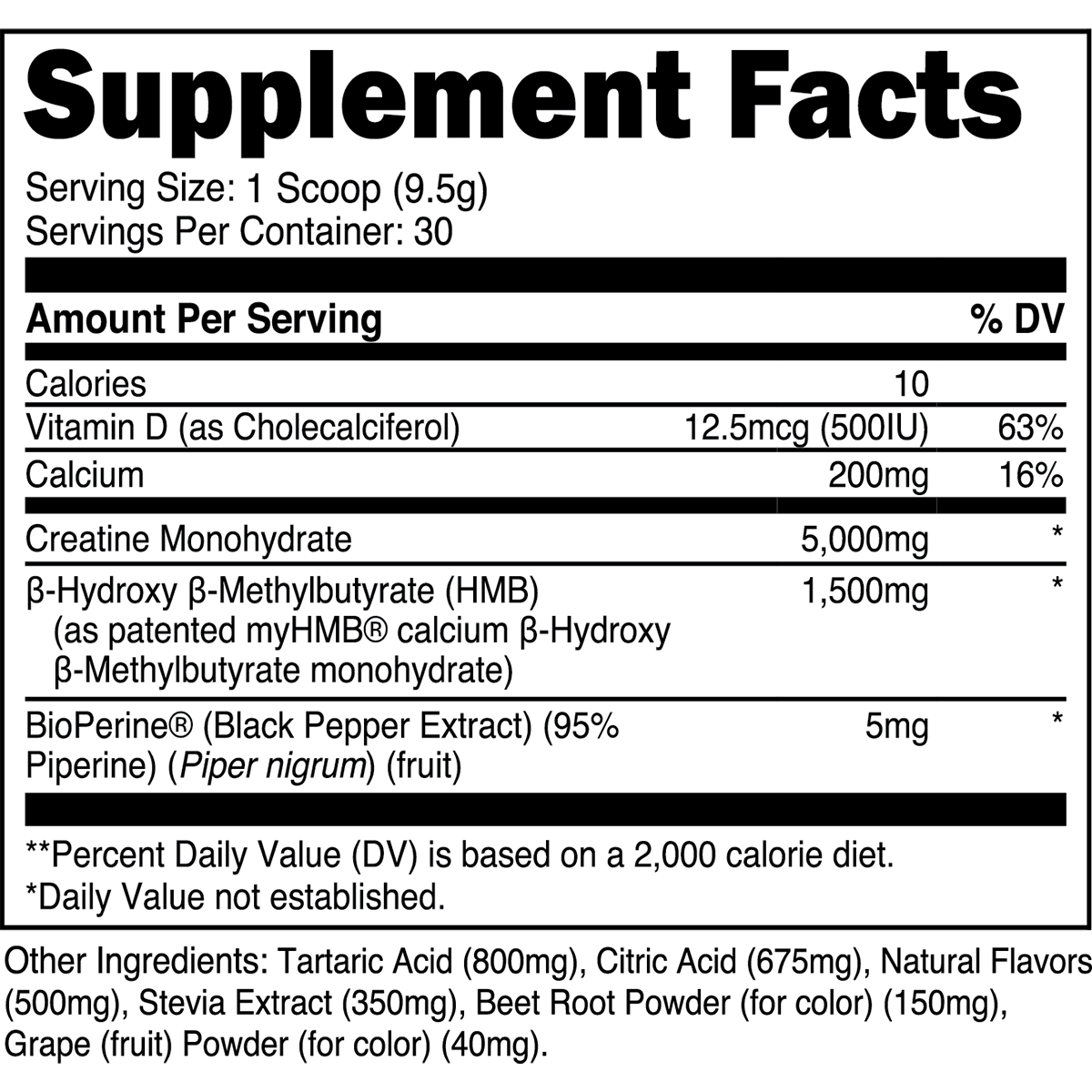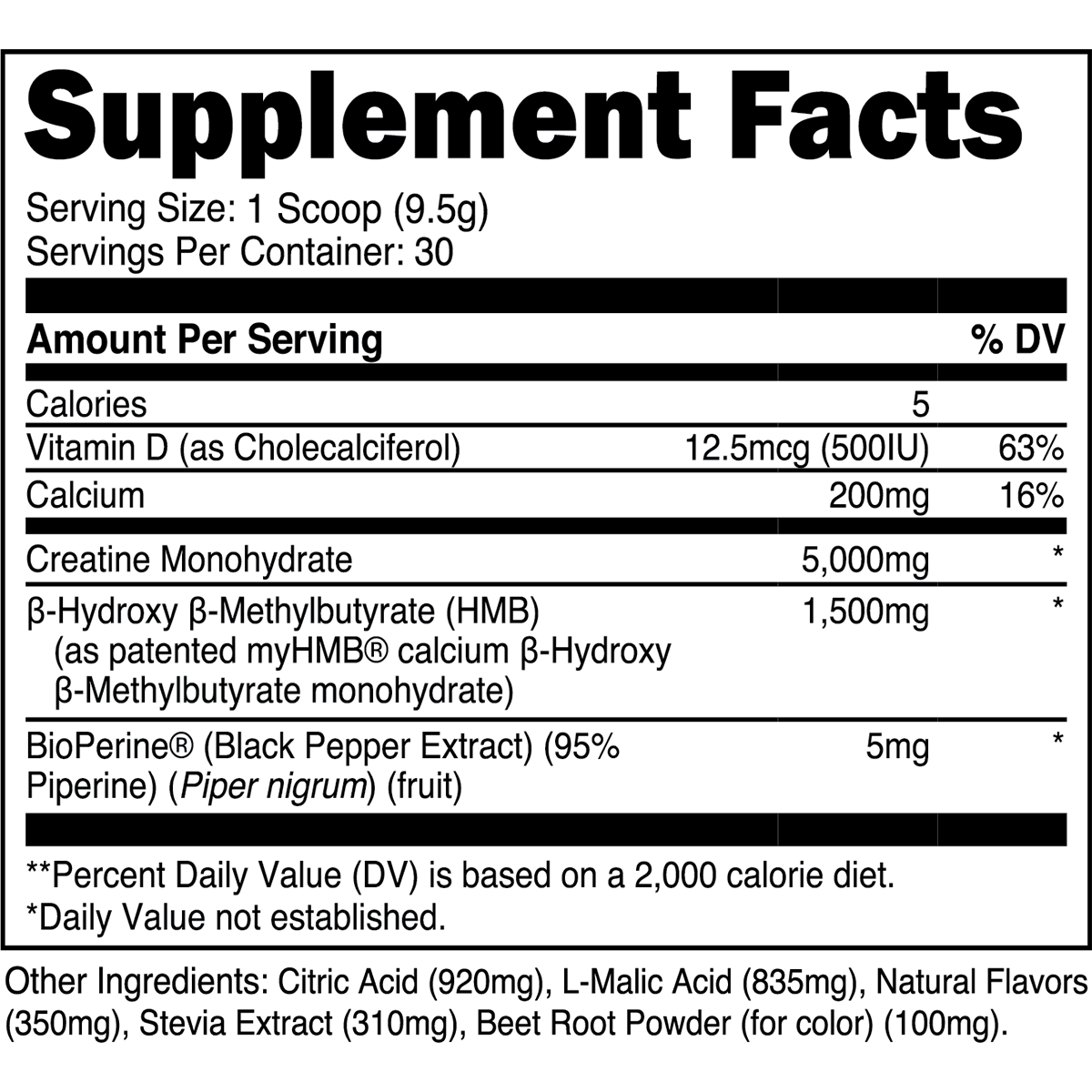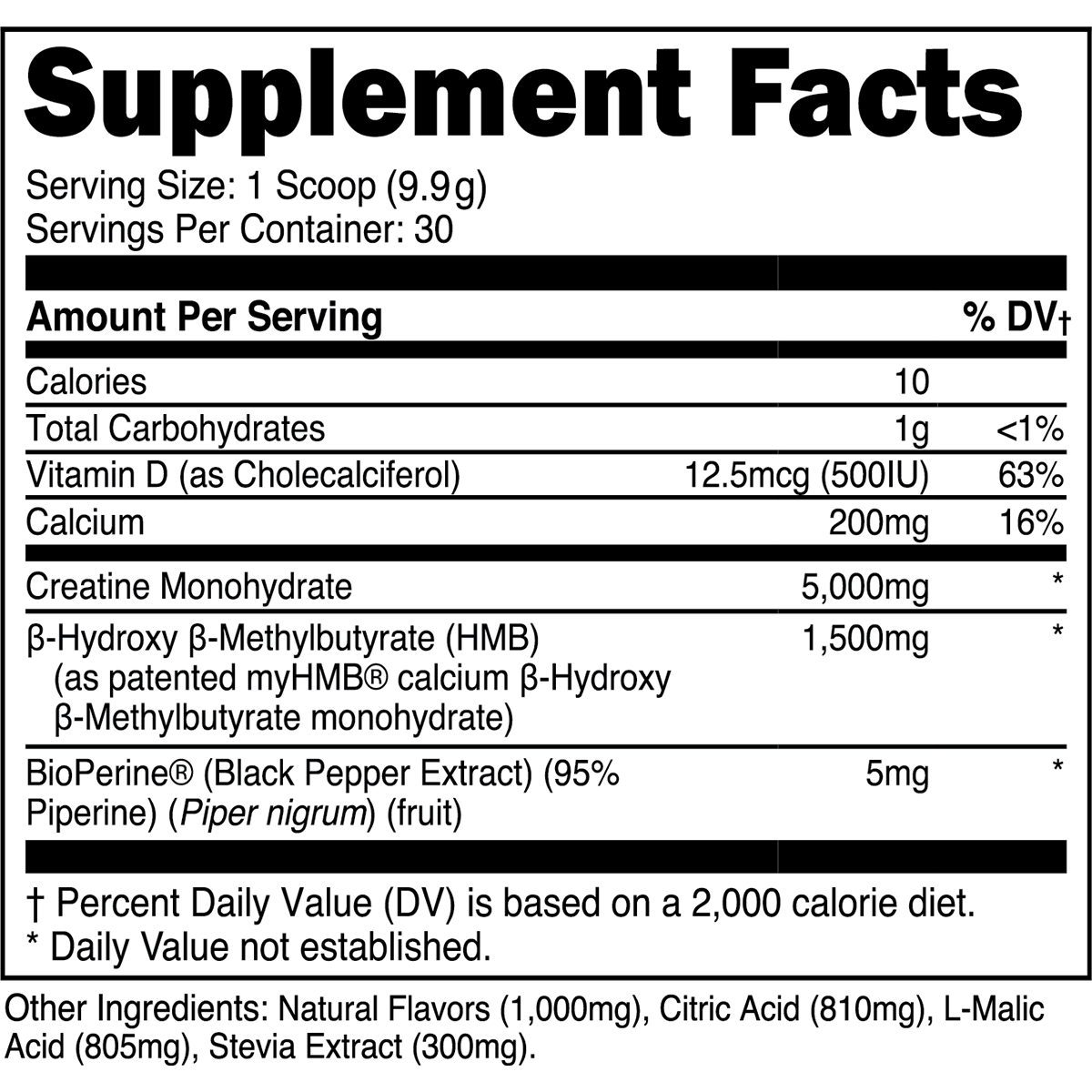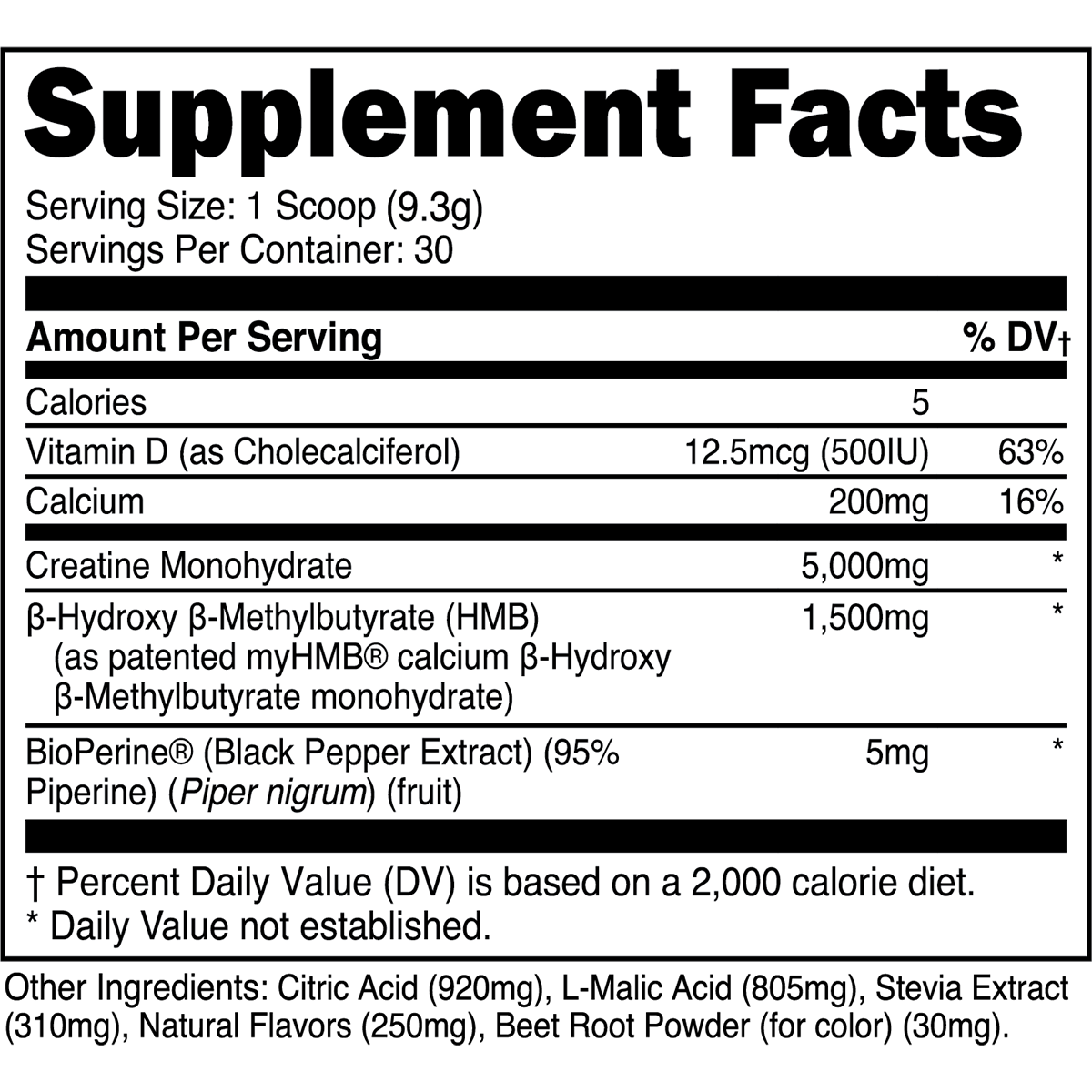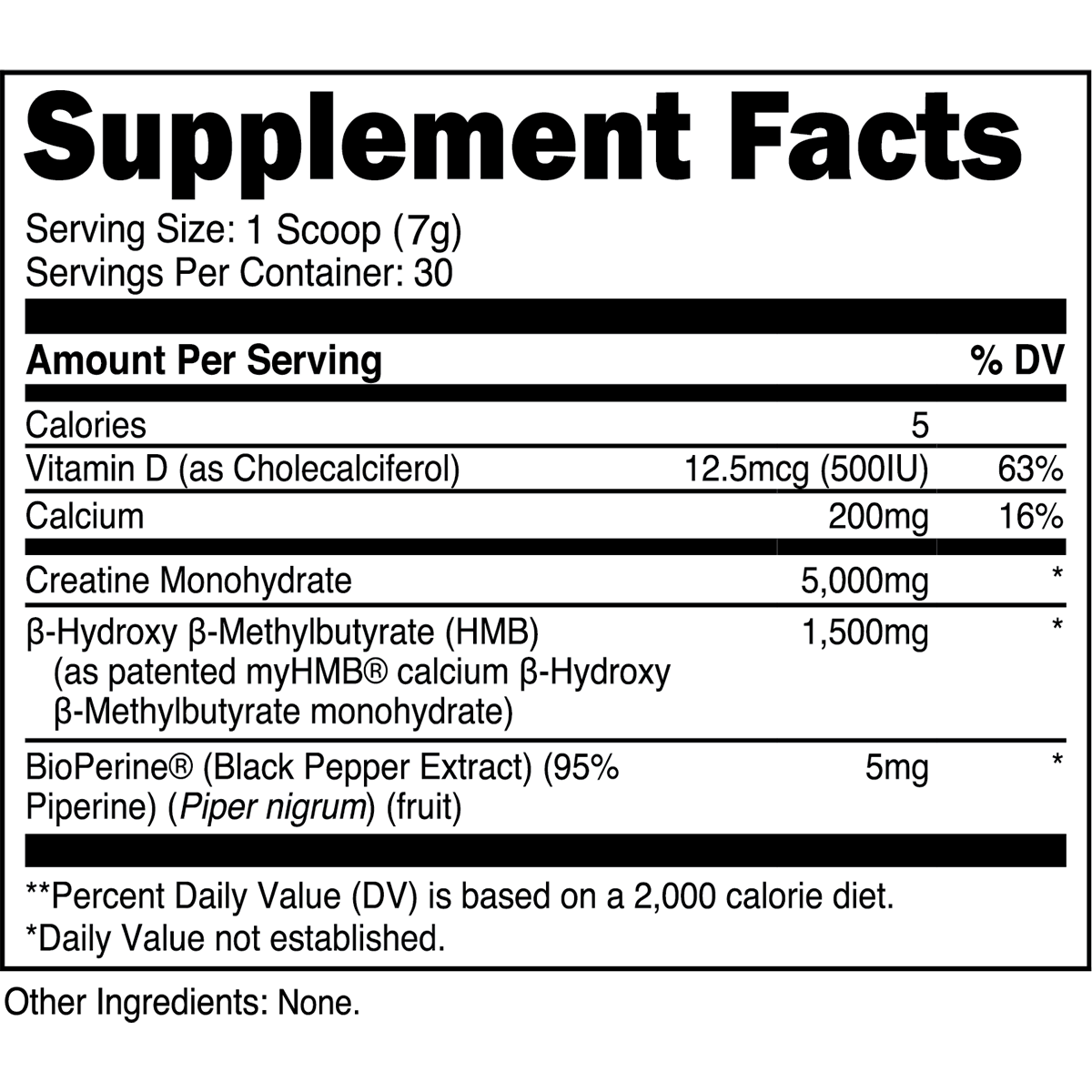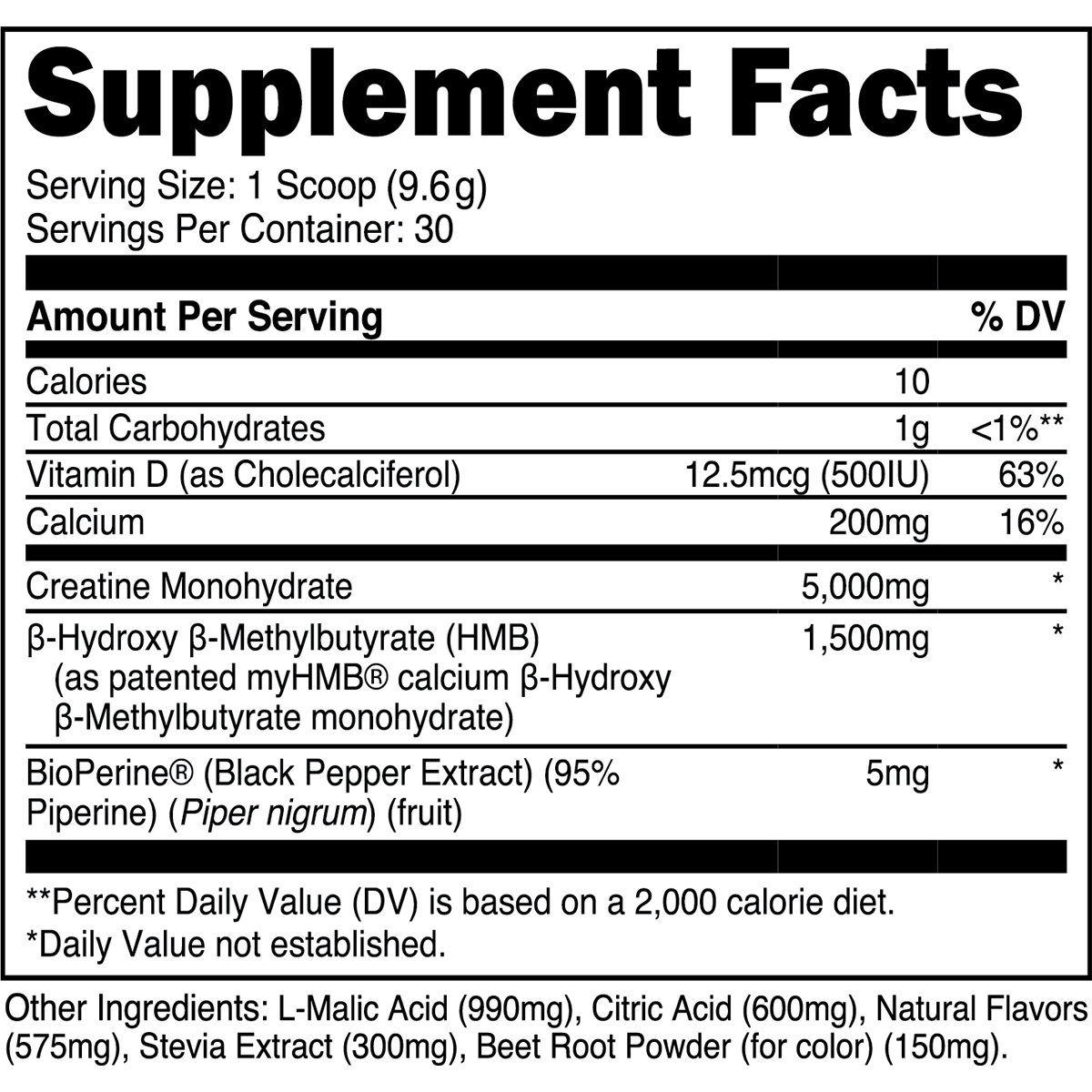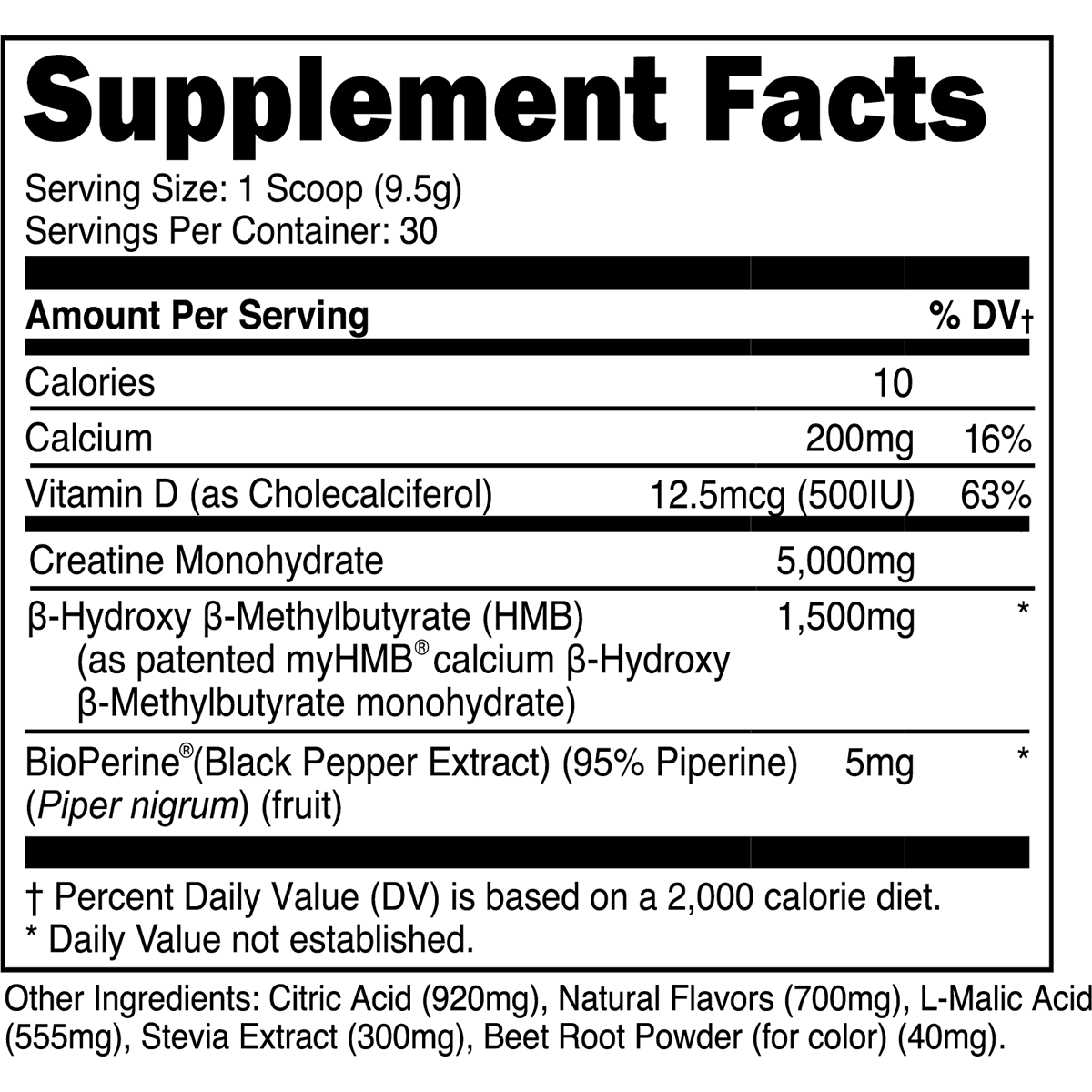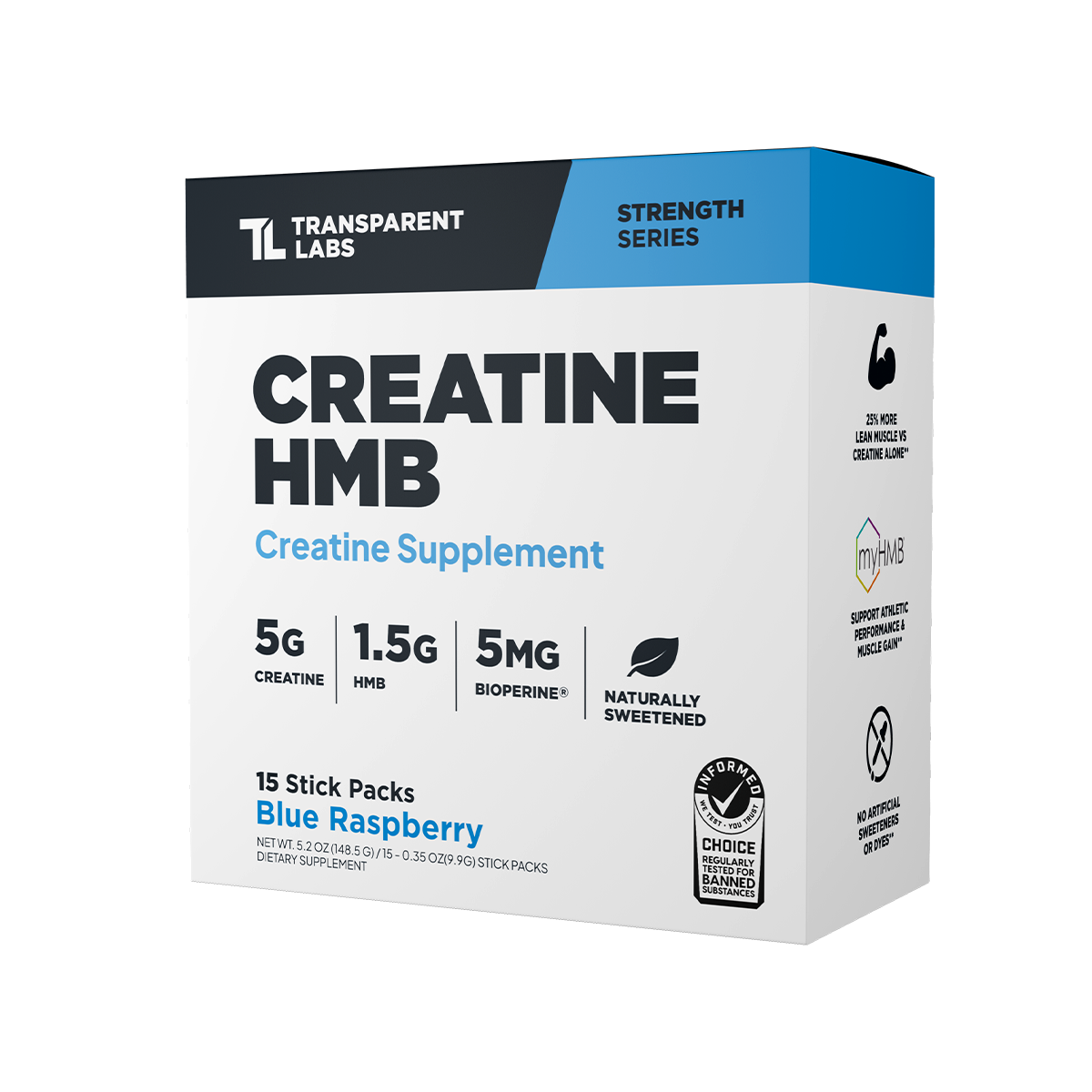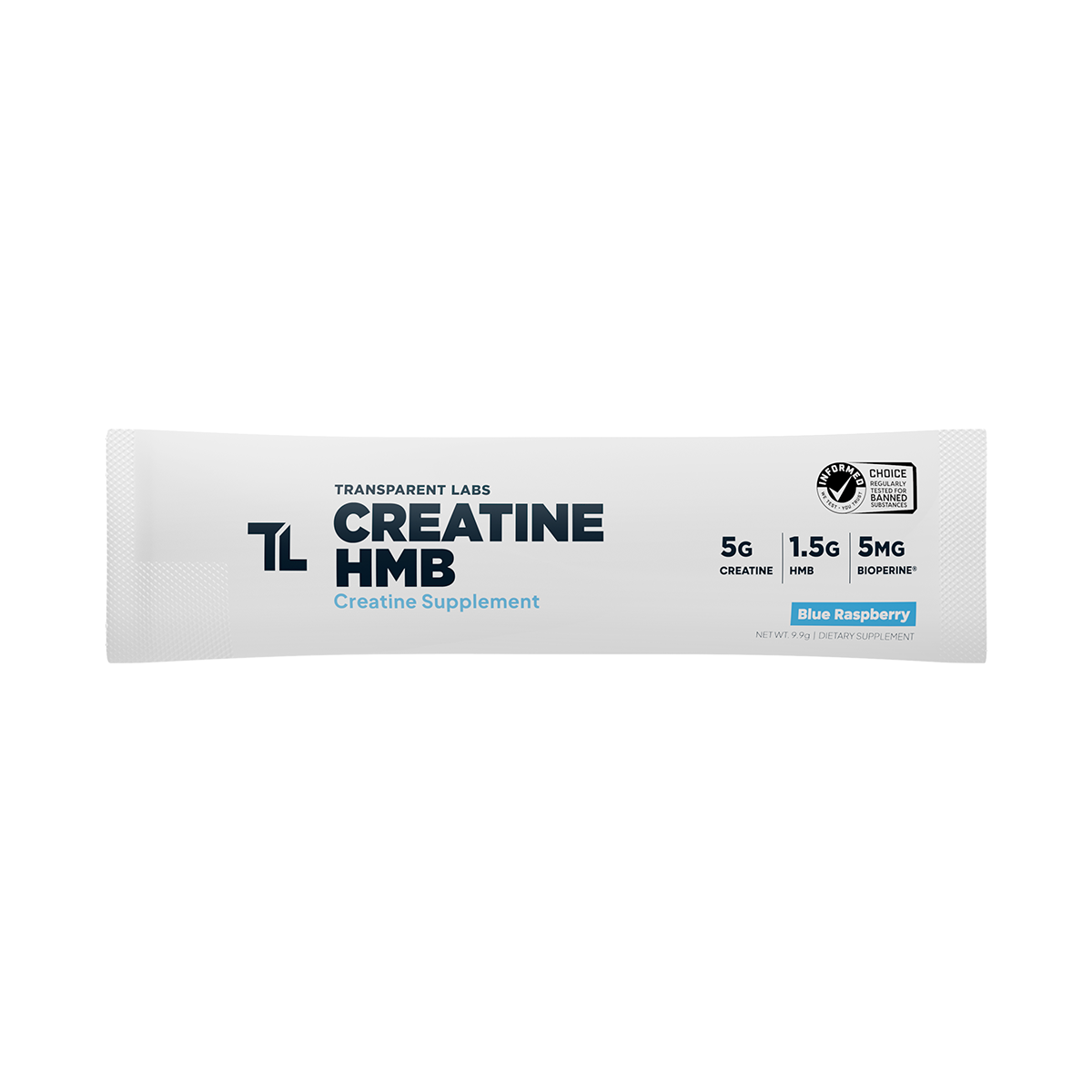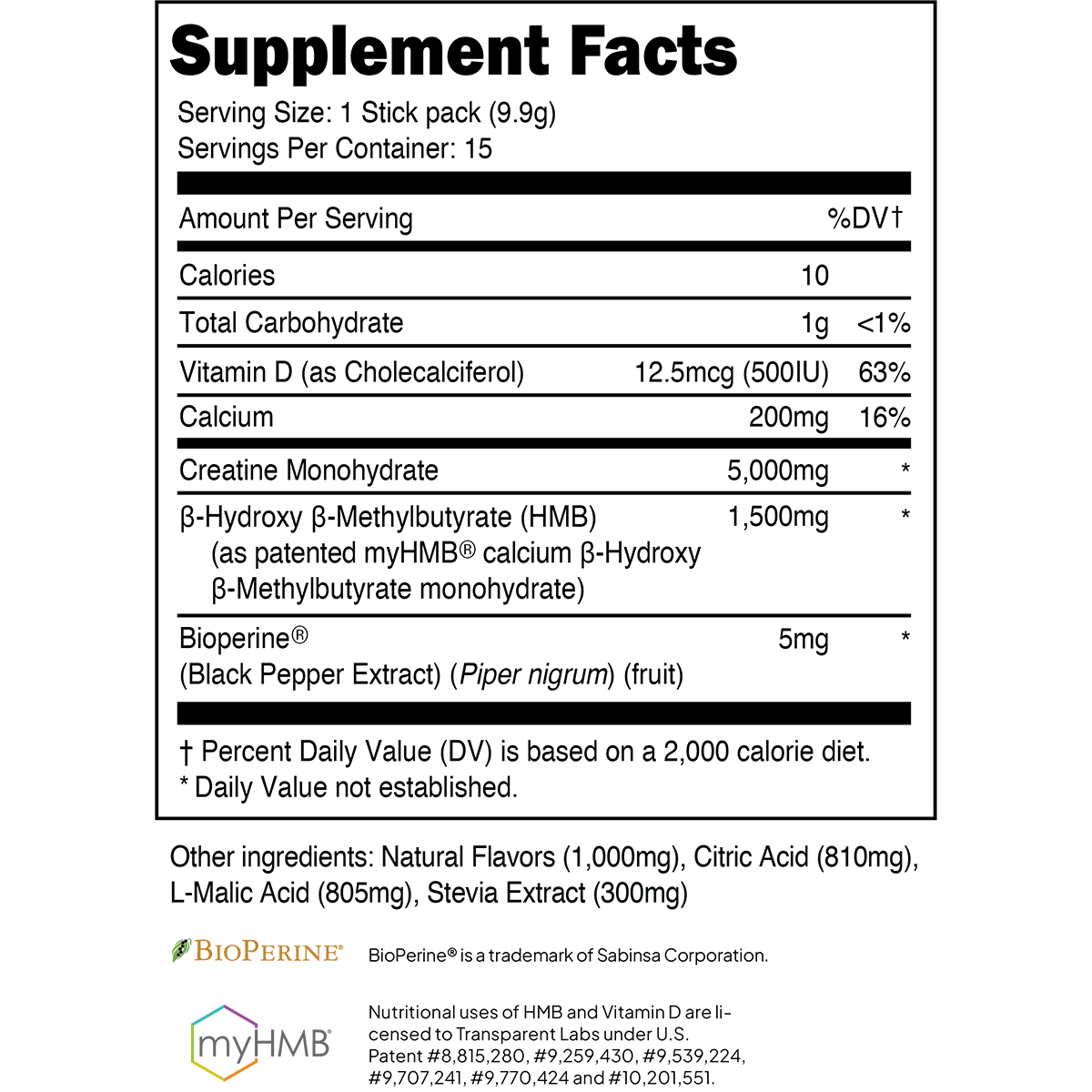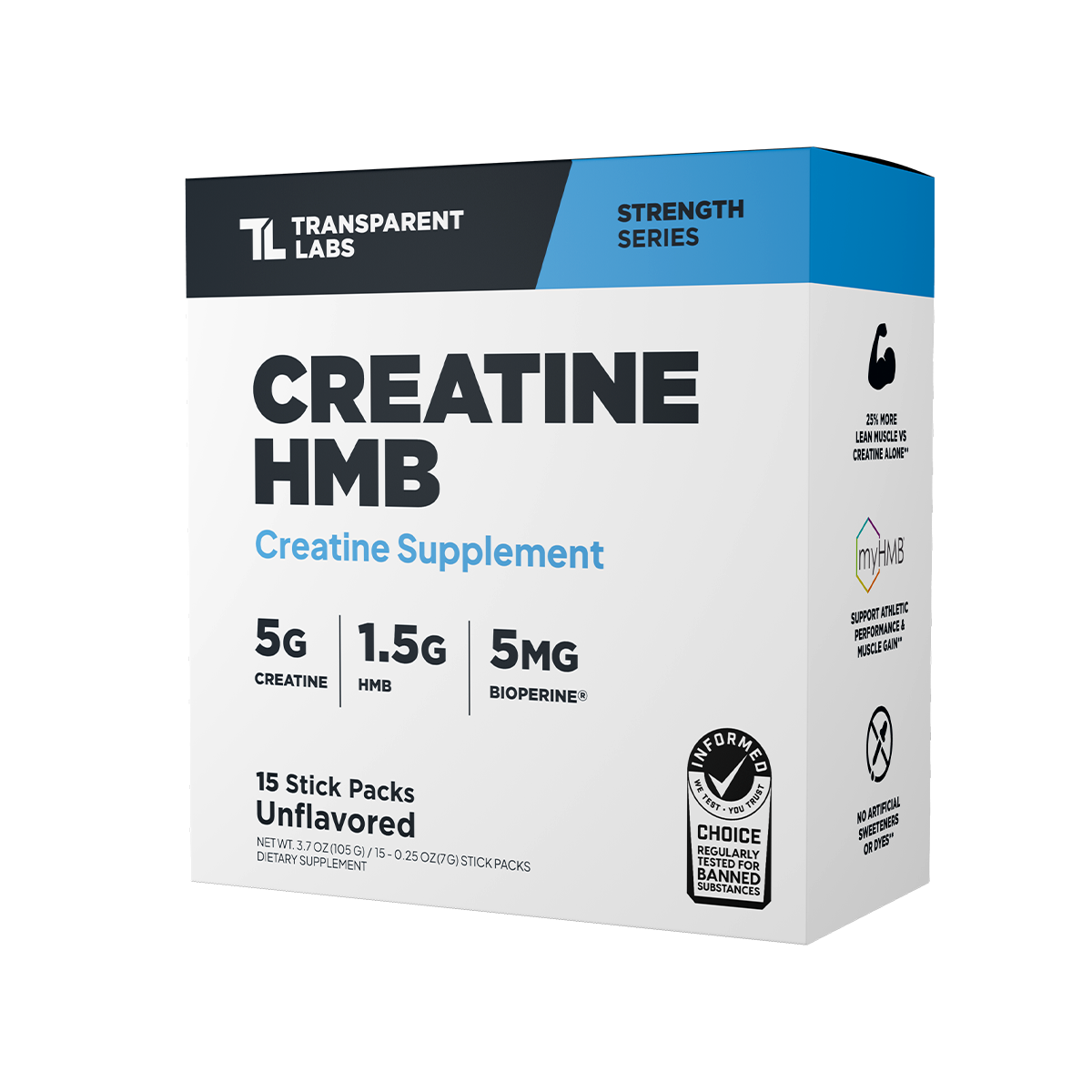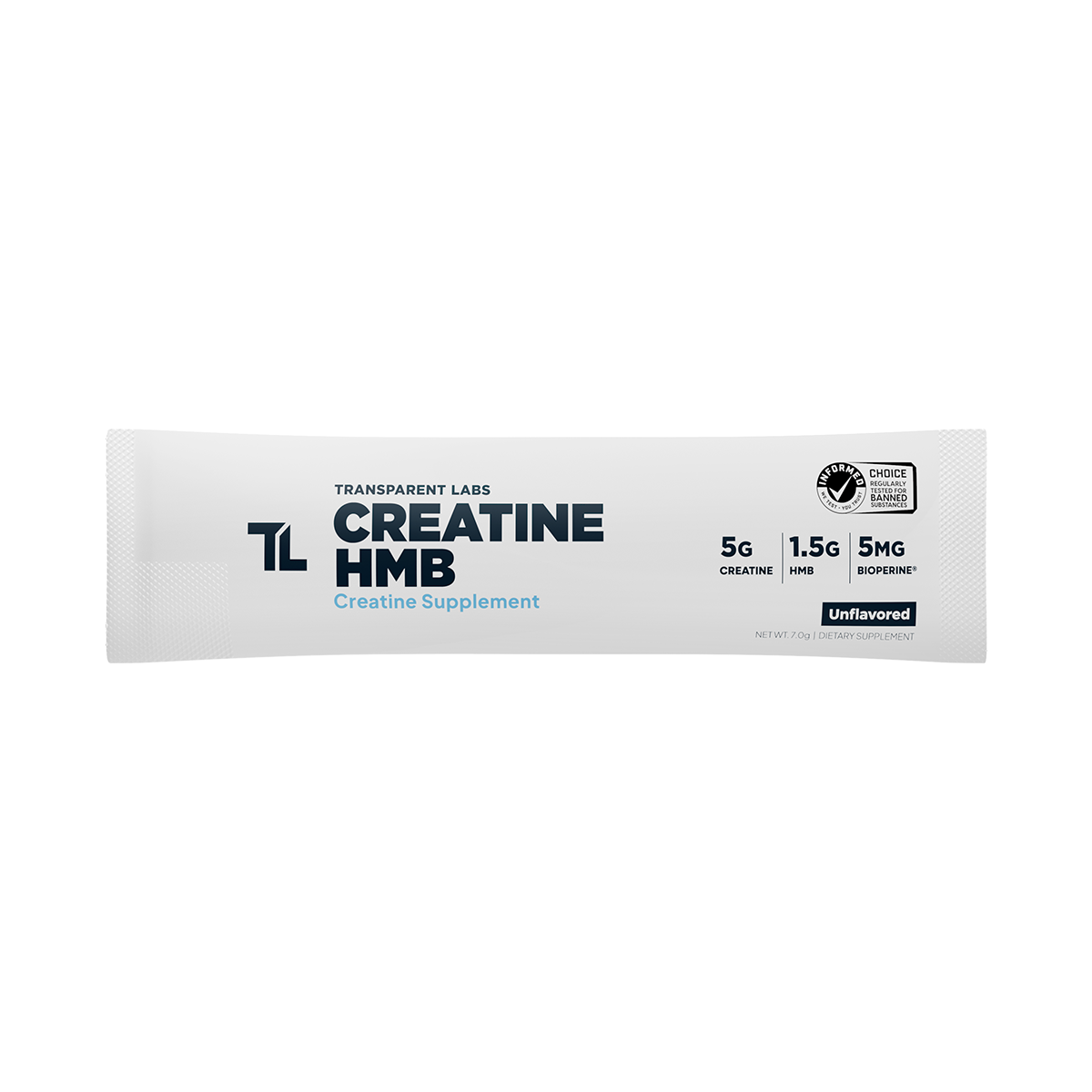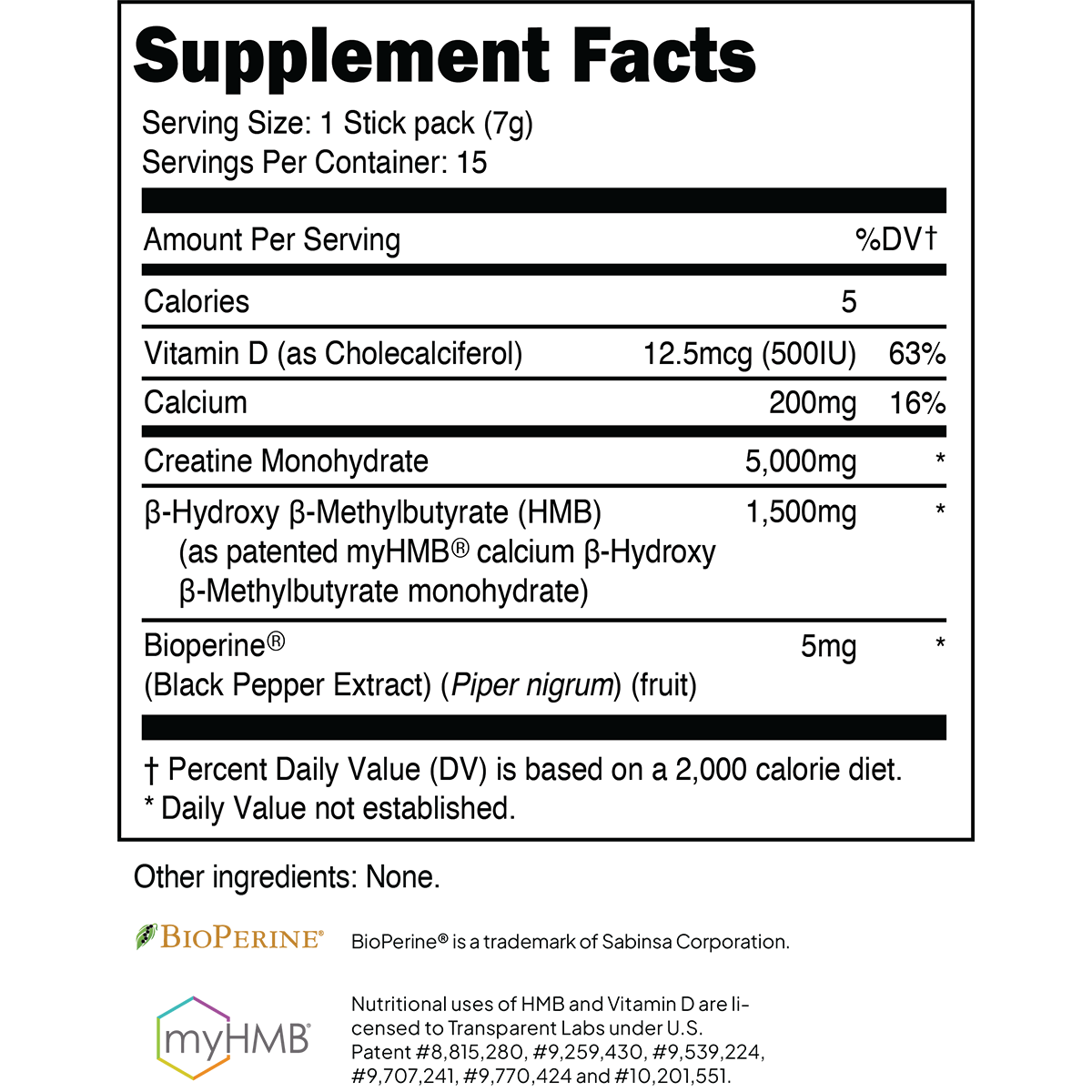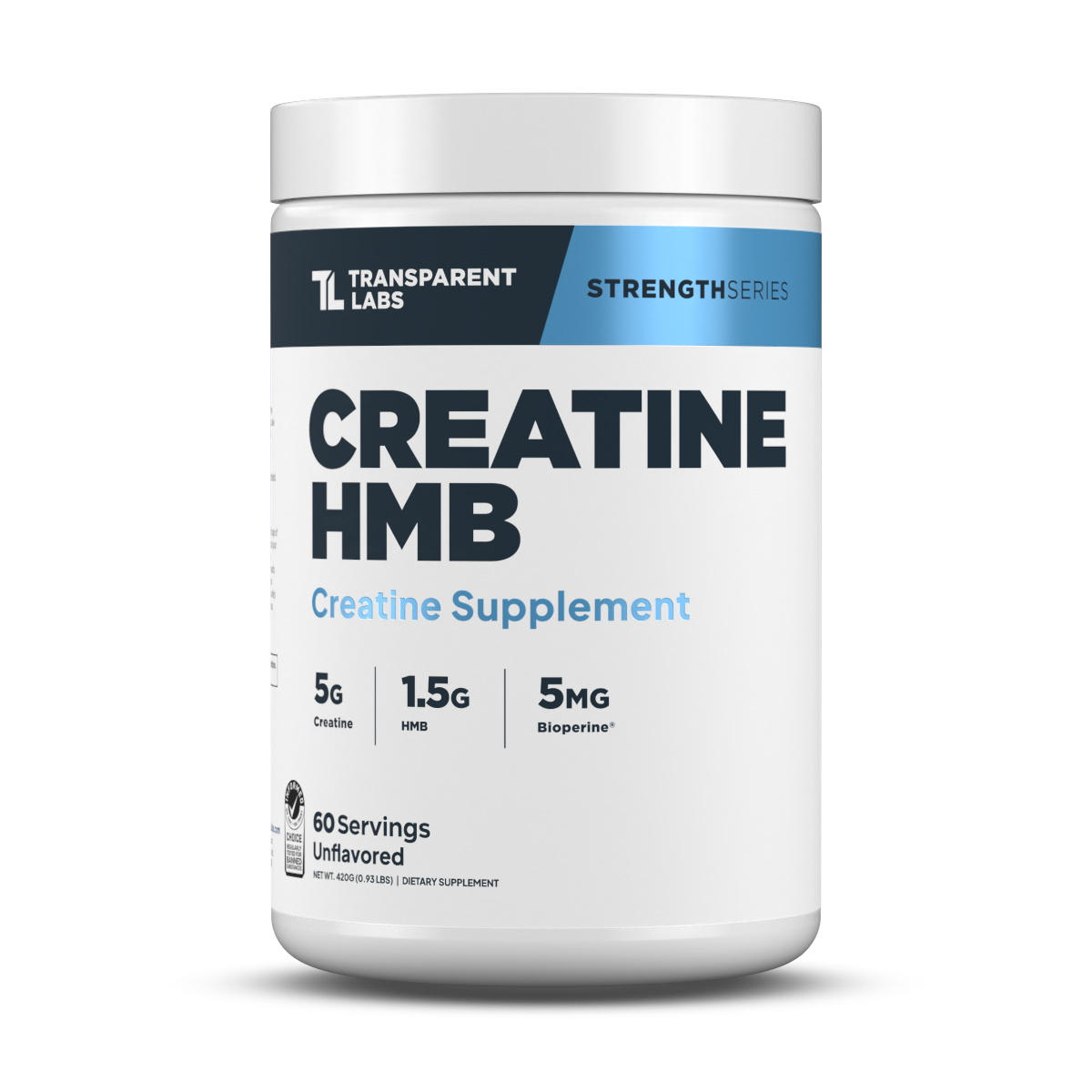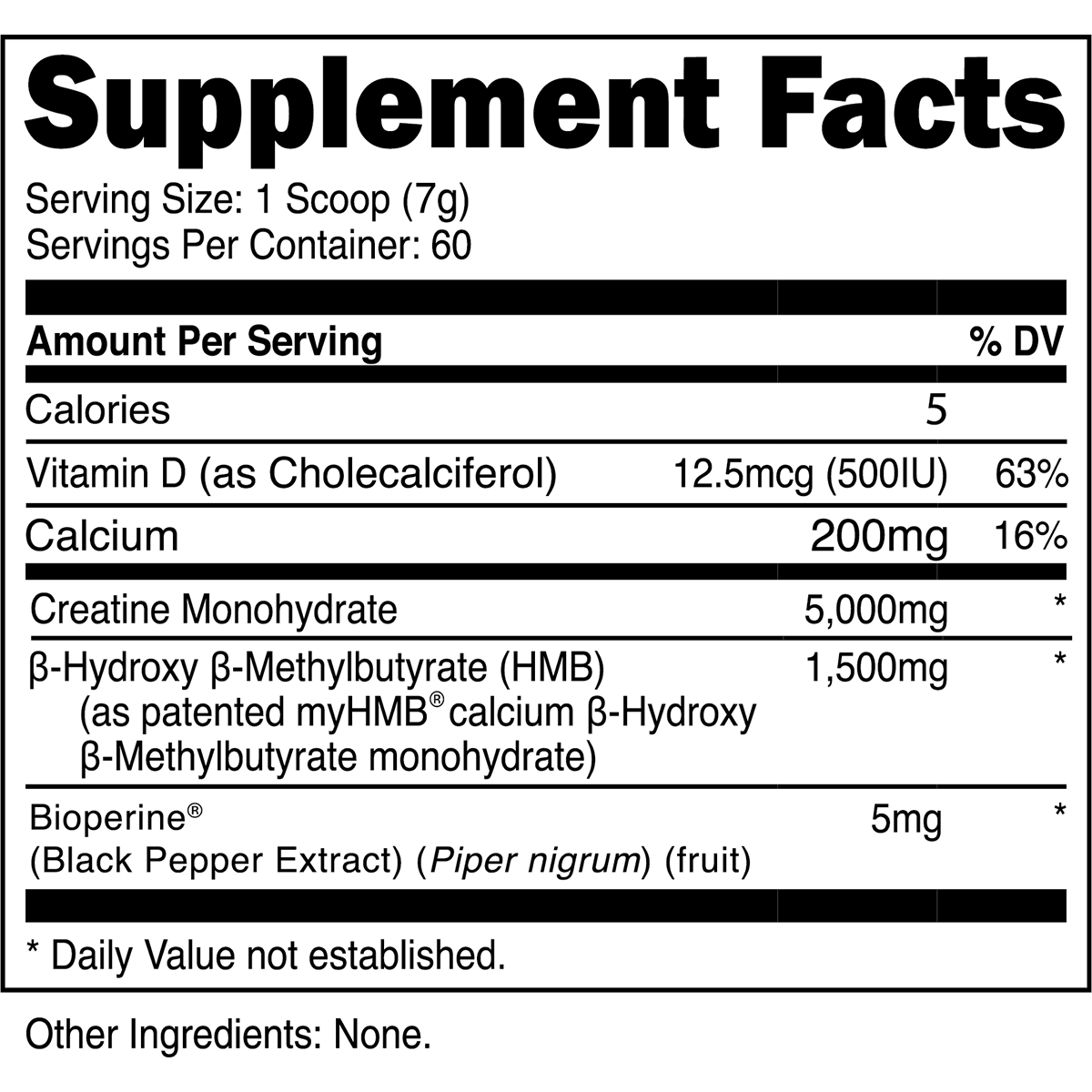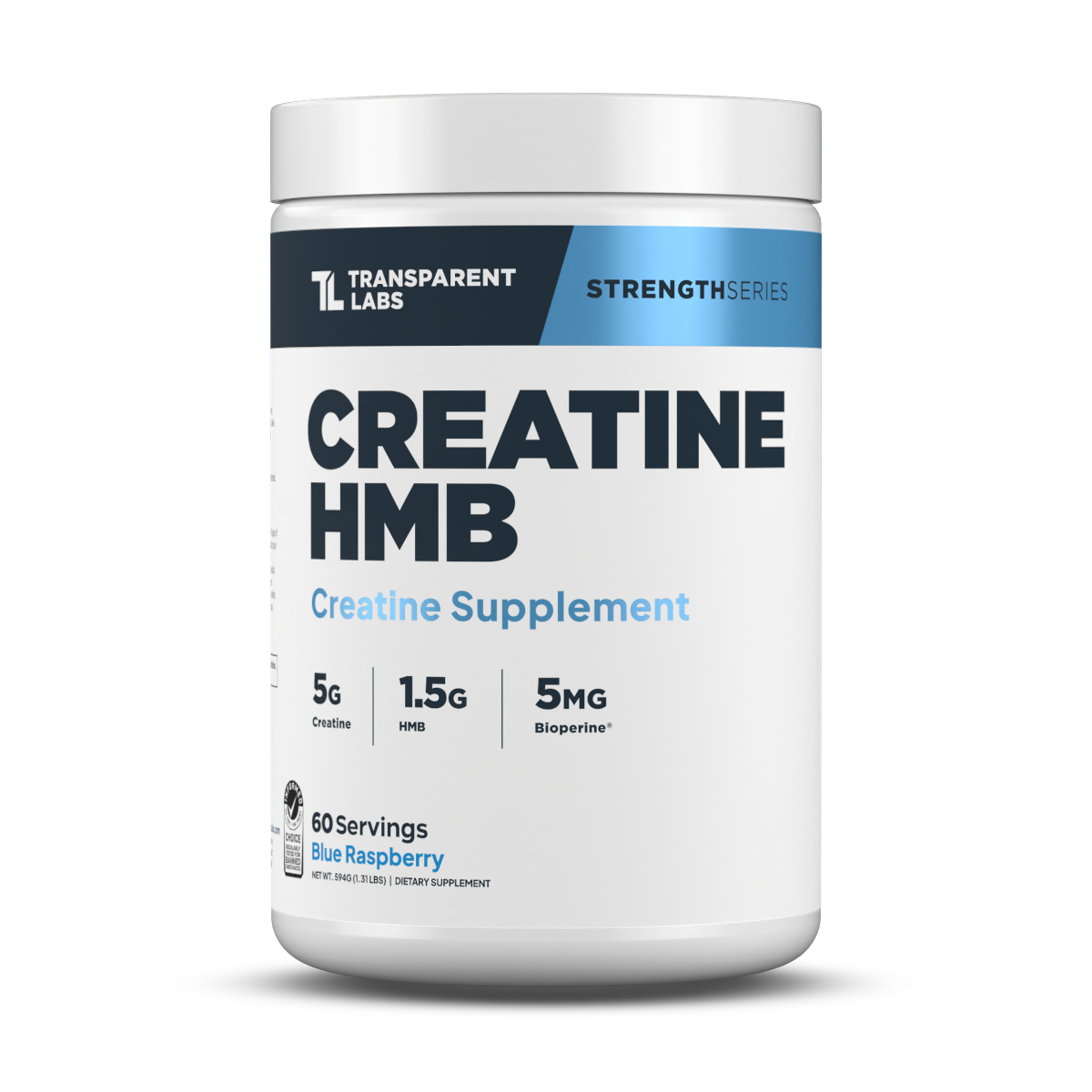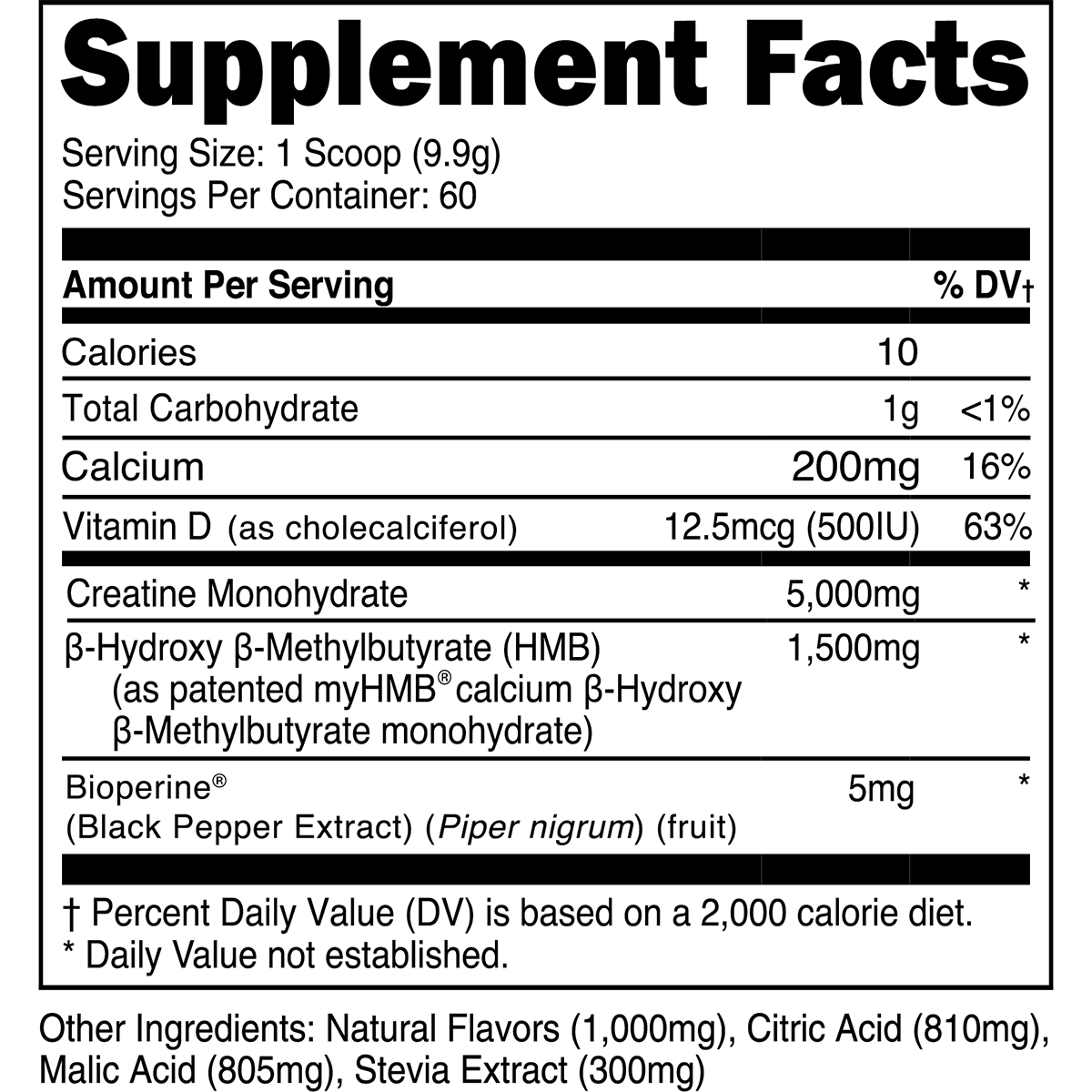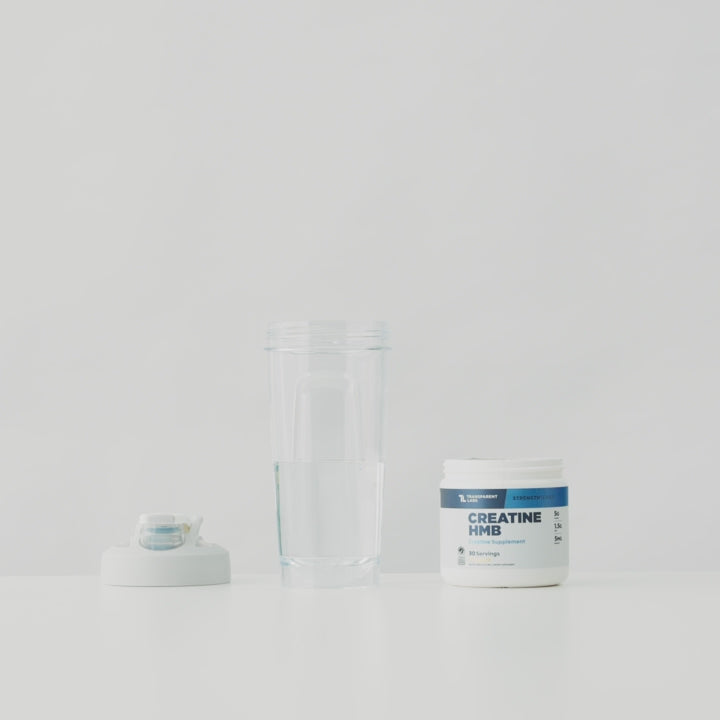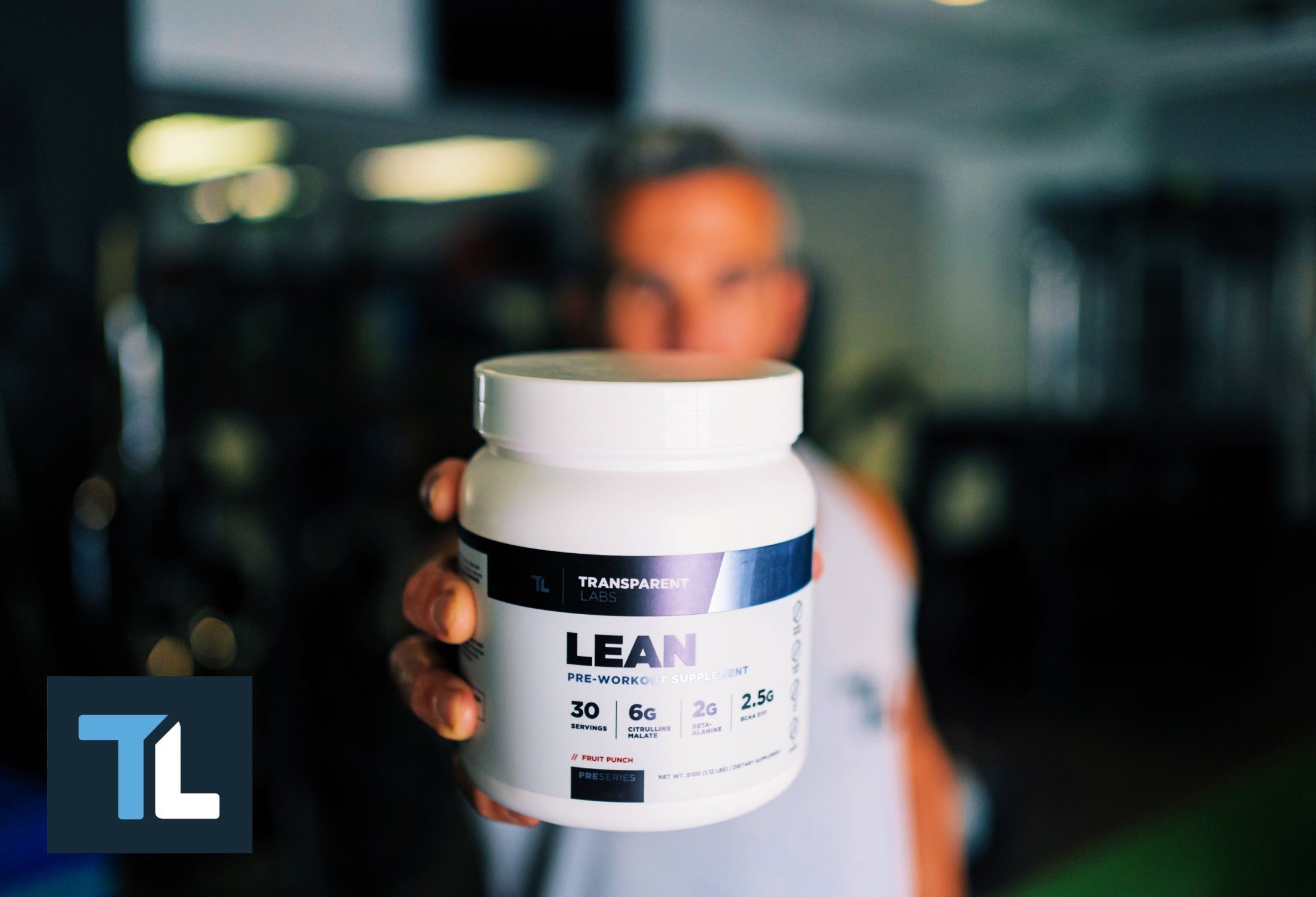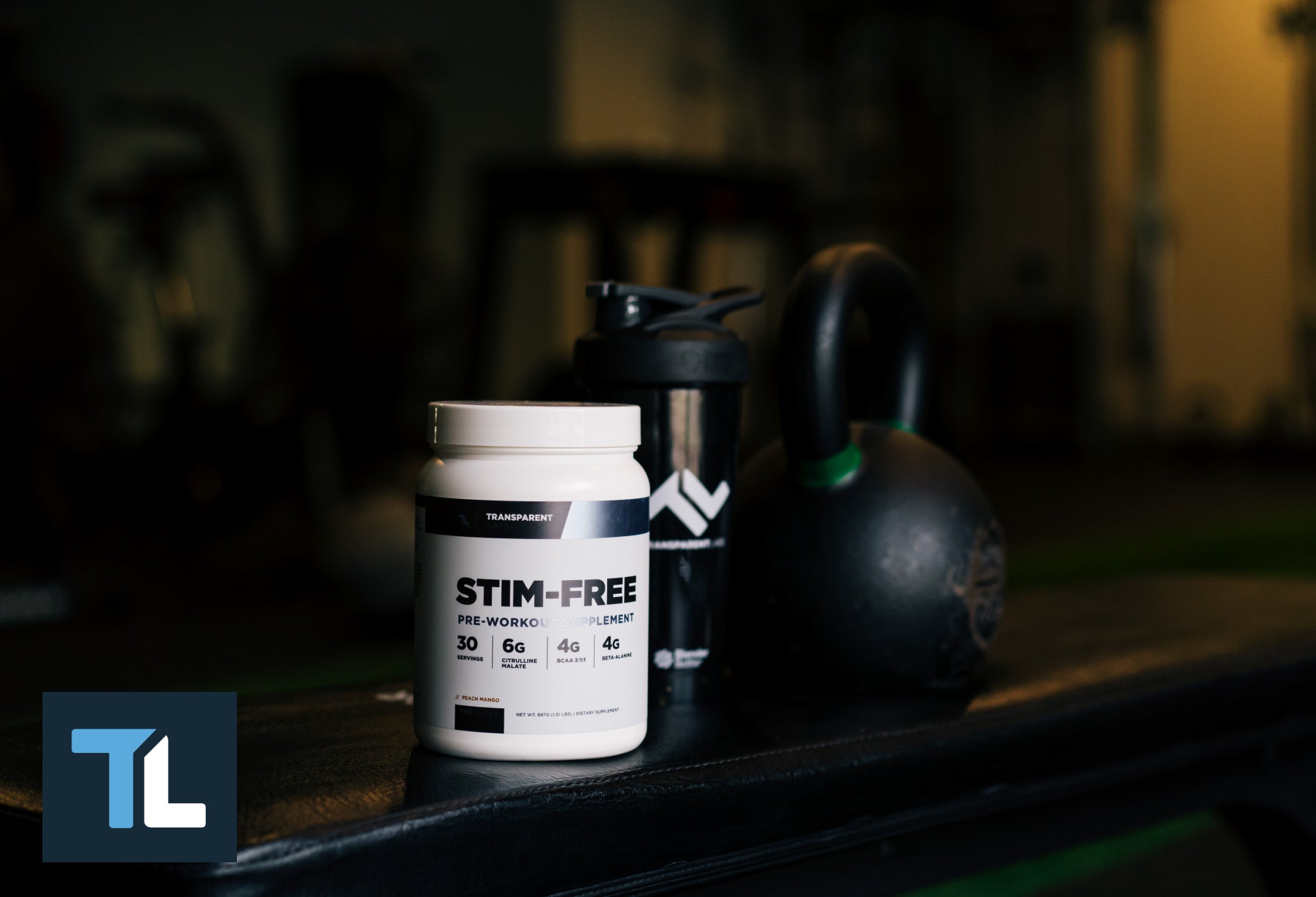The gateway that most connoisseurs of creatine enter through is usually labeled one of two ways: “Muscles” or “Athletics.” The overwhelming majority of people who consume creatine on a regular basis either began taking creatine out of the desire to improve some aspect of their athletic performance, or because they wished to accelerate the growth of their muscle tissue.
This common acceptance of creatine by athletes and fitness enthusiasts was not without controversy. Fueled by the use of supplemental creatine by high-performing professional baseball players in 1998, creatine’s usage rate soared. By July of that year, Pfanstiehl Labs informed a Knight-Ridder reporter that it had already doubled its sales of creatine from the previous year.
The Akron Beacon Journal placed the total revenue from creatine sales in 1998 at $180 million — six times the total sales of creatine from 1995 — and credited the adoption of creatine by high school athletes looking to emulate their heroes as the primary driver behind the revenue increase.
With so much of creatine’s early appeal linked to the world of brawn, it seems incomprehensible that one generation later, creatine has become a supplement that some people now take primarily for its effects on brains. Yet, that’s precisely what has happened, and the marketing of many products containing creatine has adjusted to this shifting understanding of creatine’s capabilities, and the advantages it can provide to those who take it.
Today, the global creatine market is worth astronomically more than it was in the late 1990s, with some estimates placing its value at $1.5 billion or higher, and with all projections indicating that it will continue to increase. Much of that new growth is prompted by the spread of the belief that supplemental creatine can upgrade your mind as efficiently as it can your body.
Still, the question must be asked, is this simply too good to be true, or is there compelling scientific evidence to back the belief that creatine can be just as beneficial to brainiacs as it is to bodybuilders?
Creatine and Your Body
Before we can delve into the topic of how creatine’s presence can boost the processes of your brain, it will probably be helpful to briefly review exactly how it is that supplemental creatine alters the physiological processes of your body.
The traditional method of supplementing with creatine involves a loading phase in which approximately 20 grams of creatine is taken for five to seven days to saturate your skeletal muscles, followed by an ongoing maintenance phase, during which you will take three to five grams of creatine per day to maintain that saturation level within your muscle.
Once it’s in your system and functioning optimally, creatine plays multiple roles within your body. On the one hand, it acts as a buffer to ease the transition between your energy systems, and guides the overlap in their operation. It also assists with muscle contraction, and lengthens the period of time that the phosphocreatine energy system is engaged in the energy production process.
In practice, this results in a lengthening of all-out sprinting ability, an increase in the number of repetitions it takes to achieve muscle failure during resistance training sets, and reduction in physical discomfort during lengthier workouts that test the aerobic system.
Following workouts, creatine also accelerates the time it takes for muscle fibers to repair themselves from the tearing that takes place during the exertions that occur during training or competition. The net result is a body that is capable of superior displays of strength, speed, and endurance on the front end, and expedited recovery on the backend. This combination empowers creatine consumers to log noticeable progress toward their goals far more quickly than they would without it.
Creatine and Your Brain
Now that we’ve revisited what creatine does to your body, how does this same cluster of amino acids also enhance brain activity? Comprehending this starts with the fact that creatine is also absorbed by other tissues with high energy demands aside from your muscles, and your brain certainly matches that description.
Specifically, an average brain burns up to 450 calories per day simply by operating in a restful state. During days when your brain is in overdrive, it may burn up to an additional 200 calories.
With this understanding that your brain is a tissue with a stake in blood flow and energy consumption, it becomes easier to understand why a portion of the five percent of creatine that isn’t absorbed into your skeletal muscle will find a home within your brain.
Now that we’ve established that creatine resides inside of your brain, and we also understand why creatine plays a role in energy production, the question still remains, exactly how is it that creatine improves the viability of your brain once it’s there?

Cerebral Brain Flow
Perhaps the simplest method by which creatine is helpful to the activity of your brain stems from the speed with which creatine allows fresh blood to enter it. One of the general benefits of creatine is that it improves the flow of blood to active areas of your body. While this obviously includes your muscles that are engaged in physical activity, at least one study has shown that the acceleration of blood flow spawned by creatine also applies to cerebral blood flow, which includes the flow of blood to and through the brain. (1)
Therefore, as your brain is actively engaged in all of the activities entailed in the running of your body, creatine eases the flow of blood to your brain to help it remain productive. This is true before we even begin to explore the more complex effects that creatine has on your brain.
Creatine and Your Brain’s ATP Level
Your brain processes adenosine triphosphate for energy in a fashion similar to your muscles. Simply stated, it is the fuel that powers your brain’s activities. In fact, if you were to judge a tissue’s productivity on the basis of its percentage of your body weight, your brain is the number one consumer of ATP in your body, consuming 25 percent of your available energy. (2)
Your brain burns energy on processes like neuron signalling and synaptic transmission, and ATP is the energy source that drives all of these actions. What may seem like a simple thought or movement command is actually promulgated by a complex series of processes, all of which are fueled by ATP.
Since creatine leads directly to corresponding increases in ATP, and supplemental creatine boosts the amount of creatine stored in your brain, it provides your brain with a reservoir of creatine to draw from to sustain the flow of ATP.
Creatine and pH Level
One of the things creatine does to your brain is prevent a drop in its pH level. All brain activity stems from the work of neurons, and when your brain has been abundantly active, this can result in a drop in its pH level, or to put it another way, an increase in its acidity. Even a small decrease in the pH level of your brain can negatively influence your cognitive performance, and your brain’s ability to retain information.
More dramatically, chronically low brain pH levels are linked with severe mental disorders like Alzheimer’s disease and schizophrenia. On the other end of the spectrum, an abnormally high pH — or an unusually alkaline brain — can result in impaired cognitive function at a minimum.
Fortunately, studies have demonstrated that even a single dose of supplemental creatine can help the pH level of your brain to stabilize, resulting in improved cognitive performance and processing speed. (3)
What does the creatine in your brain actually do?
So now you know that creatine and ATP are intimately involved in several of the critical and quite involuntary processes that your brain engages in on an ongoing basis. However, since that statement is going to be true whether you ingest supplemental creatine or not, the real question that needs to be answered is what the super doses of creatine that are available only through supplementation are capable of accomplishing for you.
Creatine Alleviates Symptoms of Depression
Depression is a mental disorder of varying intensities that is estimated to afflict nearly four percent of the world’s population. Aside from the immediate downside to depression — specifically the feelings of sadness, hopelessness, loneliness, and the inability to focus — there’s the added problem of lost productivity. In the U.S. alone, the loss of productivity caused by depression is estimated to cost employers more than $50 million annually. (4)
In the meantime, the medical care tasked with treating depression costs more than $26 billion each year, much of which includes medication taken for the purpose of chemically treating it. Fortunately, studies show that a byproduct of creatine’s ability to help stabilize brain function is an alleviation of depressive symptoms. This is because of creatine’s role in preventing the interruptions in brain energy processing that can contribute to depressive thoughts. (5)
Moreover, there is also evidence that creatine may optimize the effects of certain antidepressants. This includes antidepressants that boost serotonin levels in a manner similar to creatine. In addition, creatine may make the uptake of these antidepressants more efficient, or it may be a simple matter of the enhanced blood circulation caused by creatine that heightens the efficiency of the antidepressants. (6)
Creatine Boosts Memory and Cognitive Function
The global market for memory boosting drugs is expected to reach $9 million by 2030, and this is only a drop in the bucket compared with the size of the market for ADHD therapeutics, which is already valued at more than $25 billion. While ADHD is certainly a problem, some of what is driving the market growth for ADHD medications is a desire by students and some professionals to improve their cognitive function, with as many as one in five college students using Adderall or other study drugs without a prescription in an effort to get ahead.
Ongoing studies with creatine have yielded positive results with respect to creatine’s ability to treat the intended target of Adderall: hyperactivity. However, several studies have already demonstrated conclusively that creatine can boost multiple measures of cognitive function. That includes information recall, short-term memory, and task efficiency, especially amongst older adults, and even if they’re suffering from neurodegenerative disorders like Alzheimer’s Disease. (7)

Creatine Overrides Certain Effects of Sleeplessness
There are multiple types of fatigue that can affect your brain. Obviously, your brain is subject to the effects of sleeplessness, but there is also the matter of mental fatigue caused by the overuse of your mind.
Fortunately, creatine has shown an ability to offset the effects of all types of fatigue, in both humans and animals. This isn’t to say that you can willingly deprive yourself of sleep and expect creatine to enable you to function as if you slept straight through the night. All the same, studies have demonstrated that supplemental creatine will enable your mind to function substantially better than it would if you hadn’t been taking it regularly. (7)
Creatine Helps to Regulate Hormonal Imbalances
Due to broad fluctuations in levels of estrogen and progesterone during menstruation, pre-menopausal women are particularly susceptible to mood swings. This is due in part to the roles of both hormones in contributing to a woman’s ability to experience joy.
Estrogen plays a crucial role in the transmission of serotonin and dopamine, which can drastically alter a menstruating woman’s ability to experience pleasant feelings. Similarly, progesterone sends signals to receptors of gamma-aminobutyric acid — better known as GABA — which has calming effects. When these two sets of hormones are simultaneously dysregulated, it can result in a simultaneous increase in irritation, anxiety, and general displeasure, coupled with a reduction in the deterrents that can prevent outbursts.
One of creatine’s most underrated benefits has been in its ability to assist with the regulation of hormones throughout the entirety of their reproductive life cycle. (8) During the menstrual cycle, the body’s creatine levels naturally dip in sync with a decline in estrogen, meaning that creatine supplementation at this point may help to raise estrogen back to a normal level. Similarly, progesterone has been shown to play a role in the metabolism of creatine, but the relationship is not entirely understood. However, any ability by creatine to regulate progesterone levels would be expected to improve mood.
The Natural Enhancer of Mental Health
Having taken in all of this information, it’s now easier to understand why creatine may soon be as likely to be taken by students hoping to improve their scores on standardized tests as it is by professional athletes hoping to boost strength, and endurance. In that way, creatine is set to rapidly transition from being what it was three decades ago — the supplement of choice for athletes hoping to elevate points to their scoresheets — into the reliable wellspring of brainpower for people hoping to add points to their IQs.
Sources:
-
Forbes SC, Cordingley DM, Cornish SM, Gualano B, Roschel H, Ostojic SM, Rawson ES, Roy BD, Prokopidis K, Giannos P, Candow DG. Effects of Creatine Supplementation on Brain Function and Health. Nutrients. 2022 Feb 22;14(5):921. doi: 10.3390/nu14050921. PMID: 35267907; PMCID: PMC8912287.
-
Dunn J, Grider MH. Physiology, Adenosine Triphosphate. [Updated 2023 Feb 13]. In: StatPearls [Internet]. Treasure Island (FL): StatPearls Publishing; 2025 Jan-. Available from: https://www.ncbi.nlm.nih.gov/books/NBK553175/
-
Gordji-Nejad, A., Matusch, A., Kleedörfer, S. et al. Single dose creatine improves cognitive performance and induces changes in cerebral high energy phosphates during sleep deprivation. Sci Rep 14, 4937 (2024). https://doi.org/10.1038/s41598-024-54249-9
-
Lerner D, Adler DA, Chang H, Lapitsky L, Hood MY, Perissinotto C, Reed J, McLaughlin TJ, Berndt ER, Rogers WH. Unemployment, job retention, and productivity loss among employees with depression. Psychiatr Serv. 2004 Dec;55(12):1371-8. doi: 10.1176/appi.ps.55.12.1371. PMID: 15572564; PMCID: PMC4283817.
-
Kious BM, Kondo DG, Renshaw PF. Creatine for the Treatment of Depression. Biomolecules. 2019 Aug 23;9(9):406. doi: 10.3390/biom9090406. PMID: 31450809; PMCID: PMC6769464.
-
Lyoo IK, Yoon S, Kim TS, Hwang J, Kim JE, Won W, Bae S, Renshaw PF. A randomized, double-blind placebo-controlled trial of oral creatine monohydrate augmentation for enhanced response to a selective serotonin reuptake inhibitor in women with major depressive disorder. Am J Psychiatry. 2012 Sep;169(9):937-945. doi: 10.1176/appi.ajp.2012.12010009. PMID: 22864465; PMCID: PMC4624319.
-
Xu C, Bi S, Zhang W, Luo L. The effects of creatine supplementation on cognitive function in adults: a systematic review and meta-analysis. Front Nutr. 2024 Jul 12;11:1424972. doi: 10.3389/fnut.2024.1424972. Erratum in: Front Nutr. 2025 Feb 17;12:1570800. doi: 10.3389/fnut.2025.1570800. PMID: 39070254; PMCID: PMC11275561.
-
Smith-Ryan AE, Cabre HE, Eckerson JM, Candow DG. Creatine Supplementation in Women's Health: A Lifespan Perspective. Nutrients. 2021 Mar 8;13(3):877. doi: 10.3390/nu13030877. PMID: 33800439; PMCID: PMC7998865.

